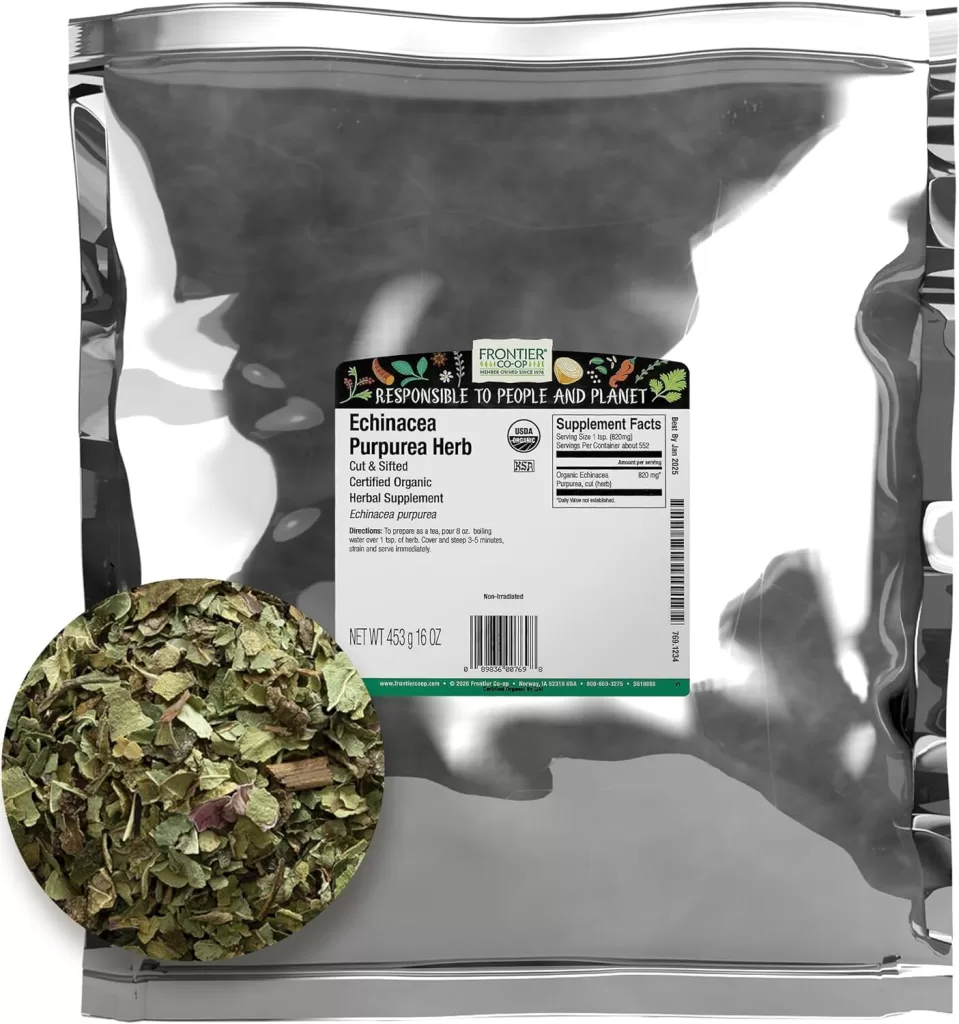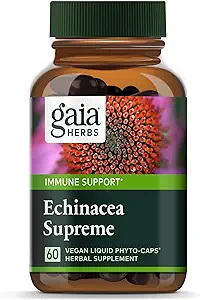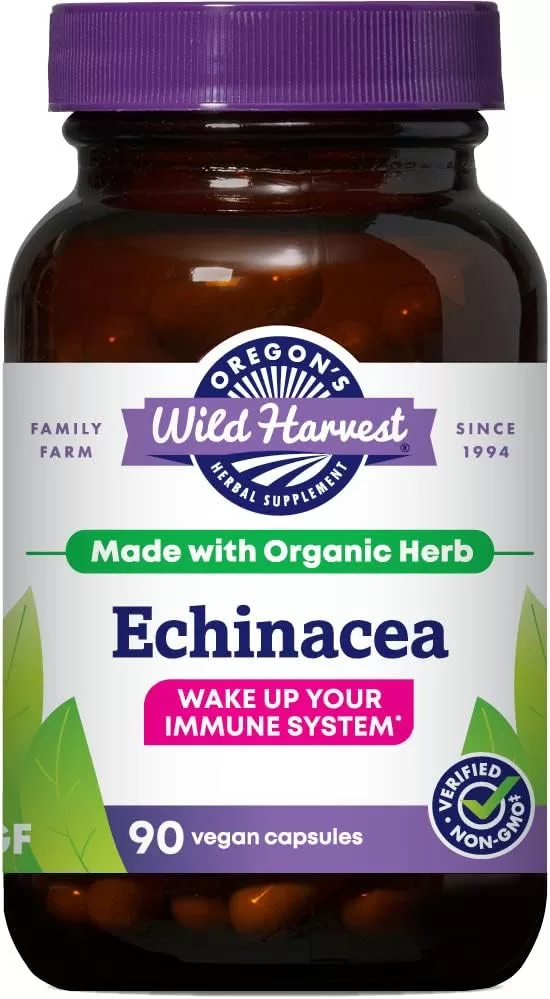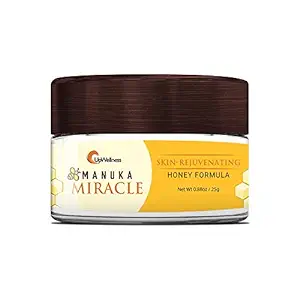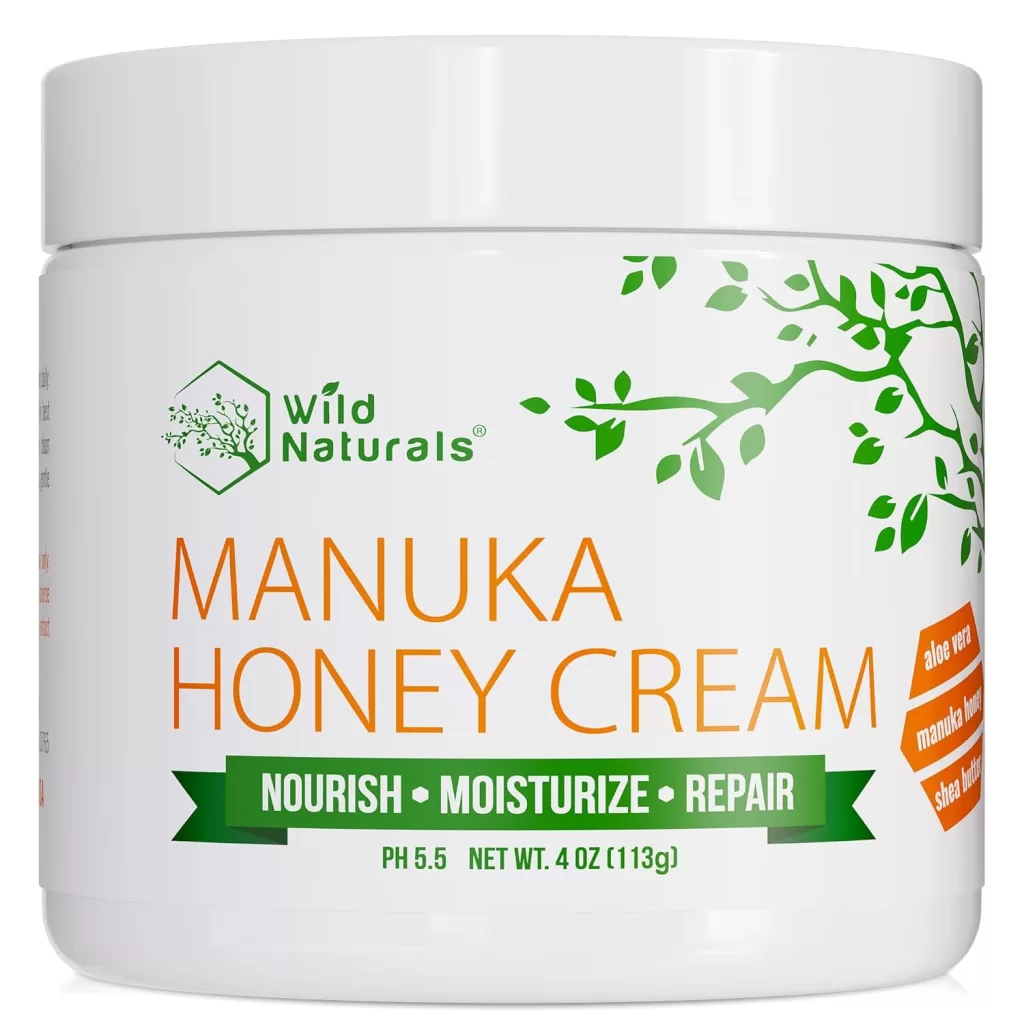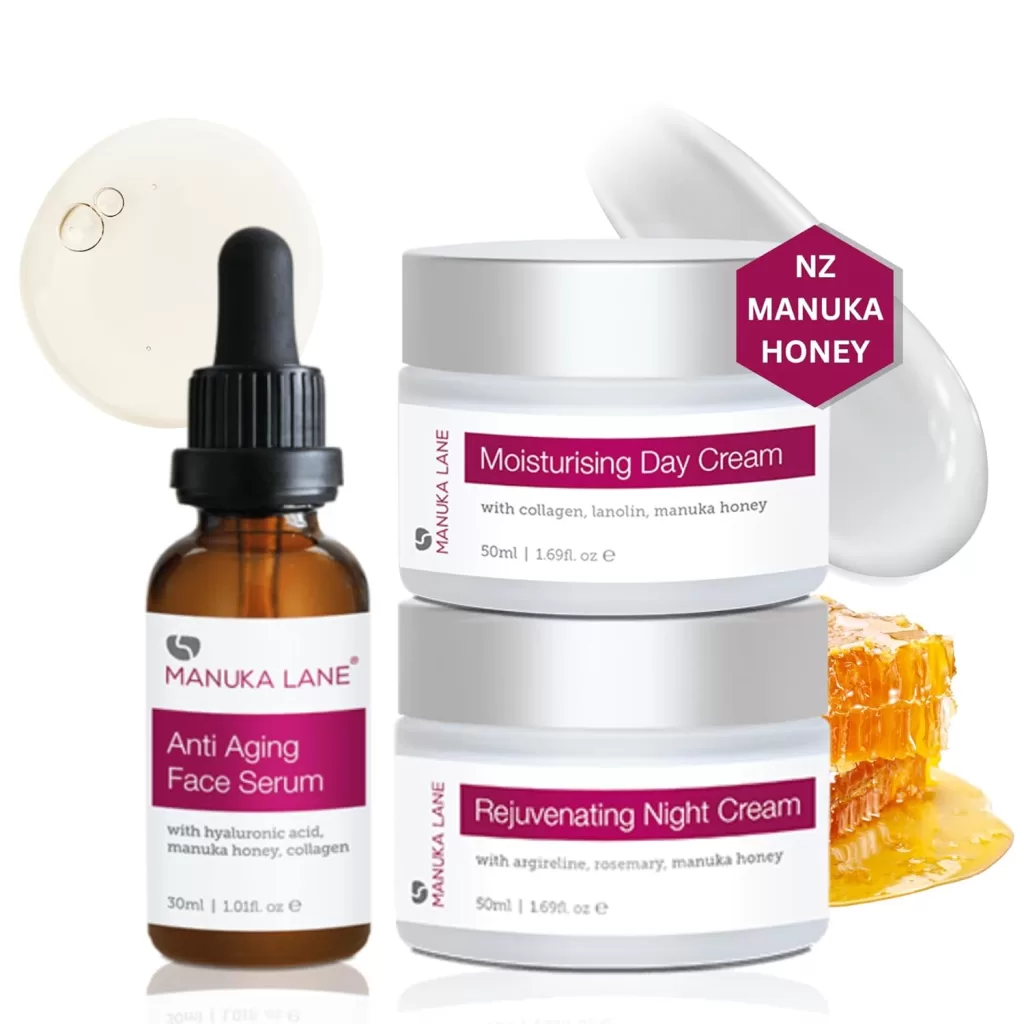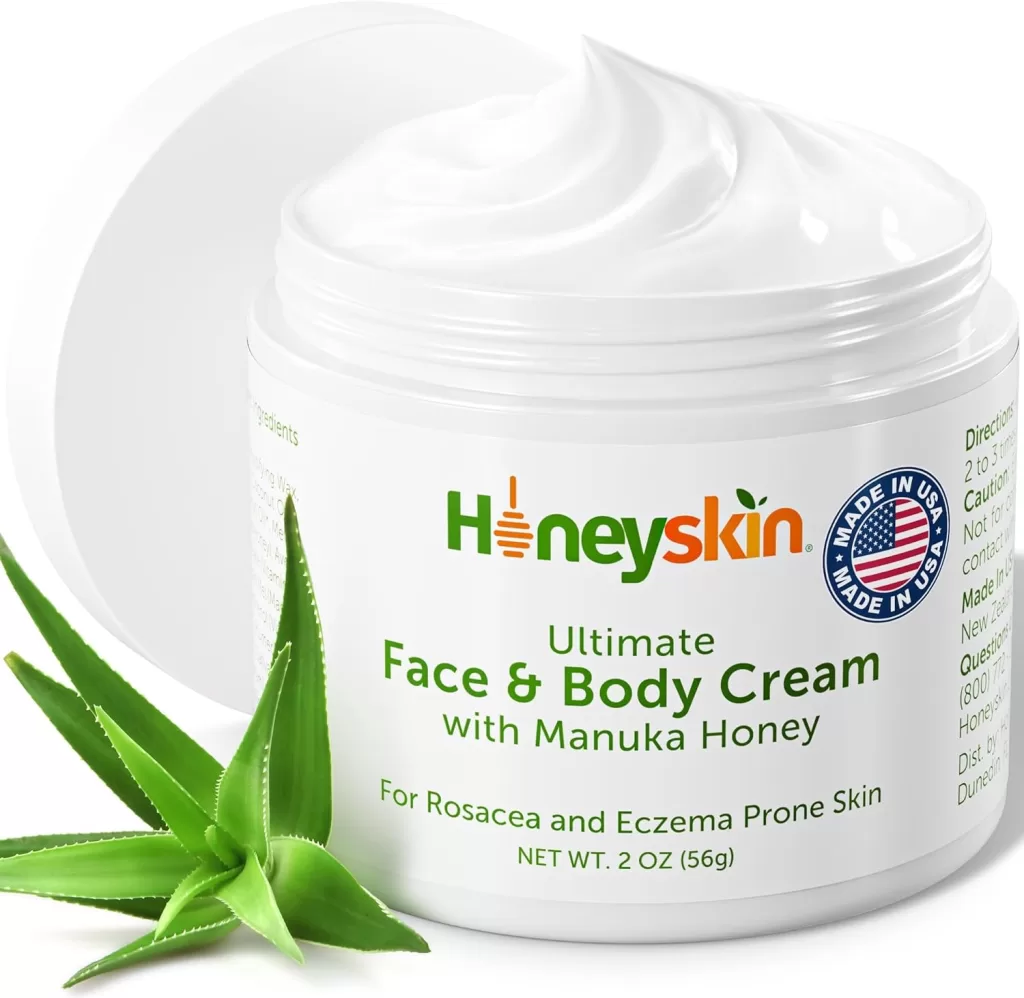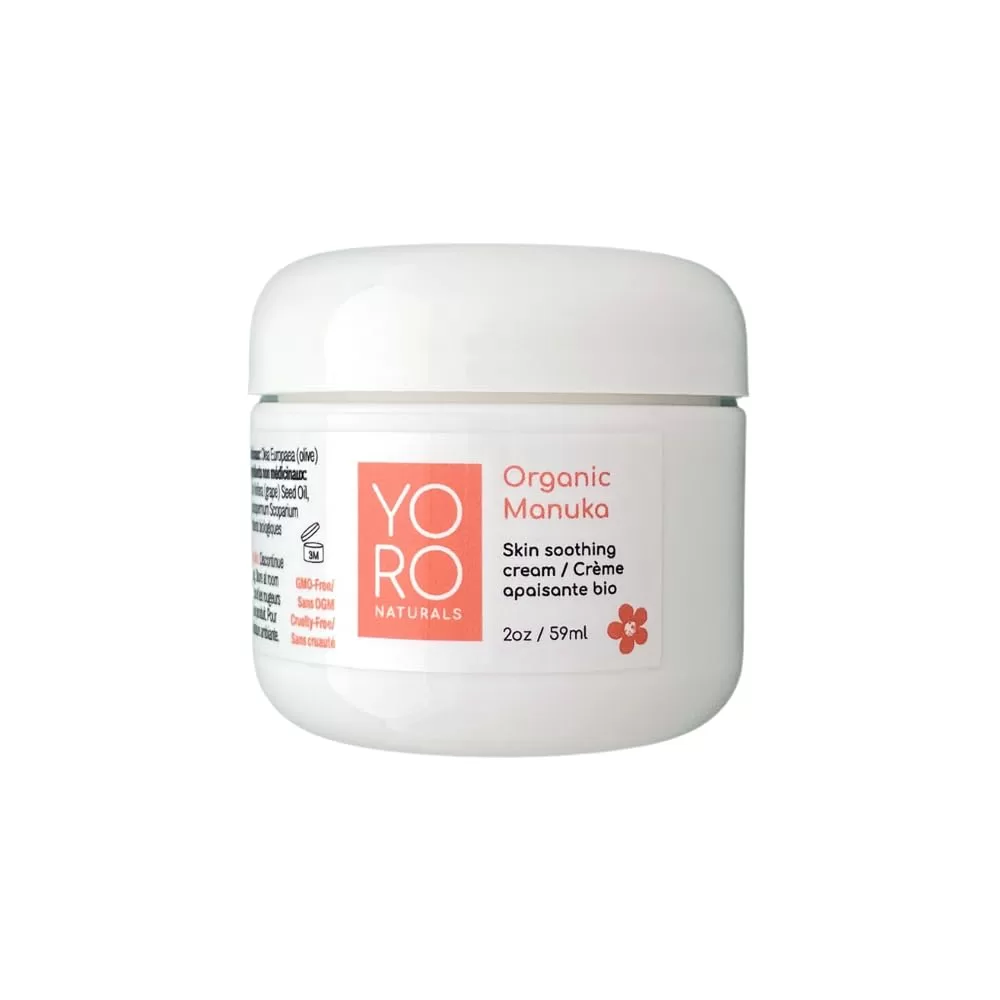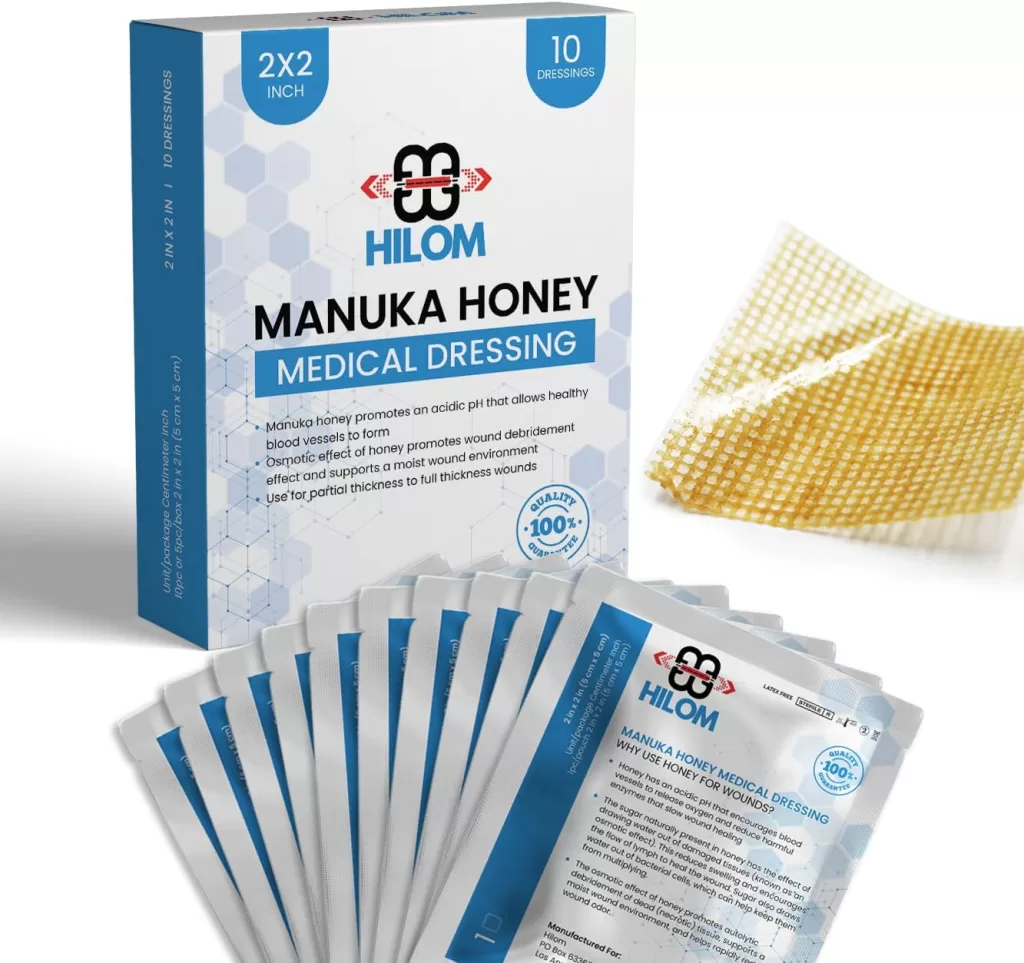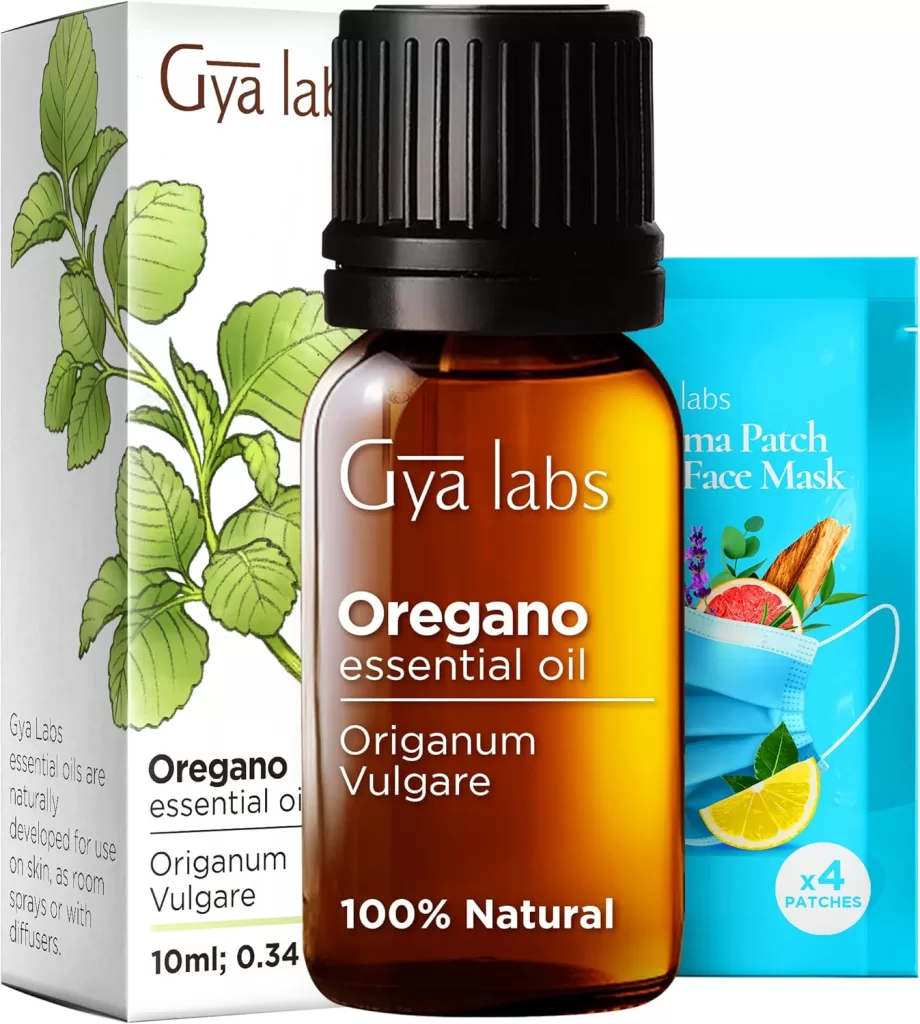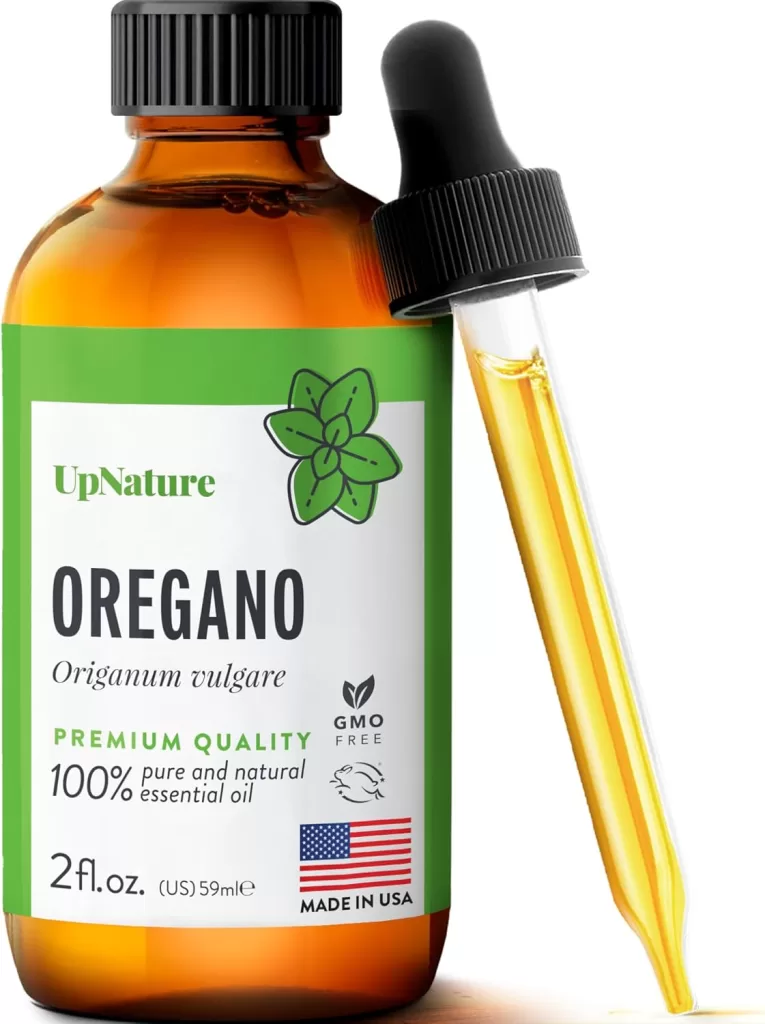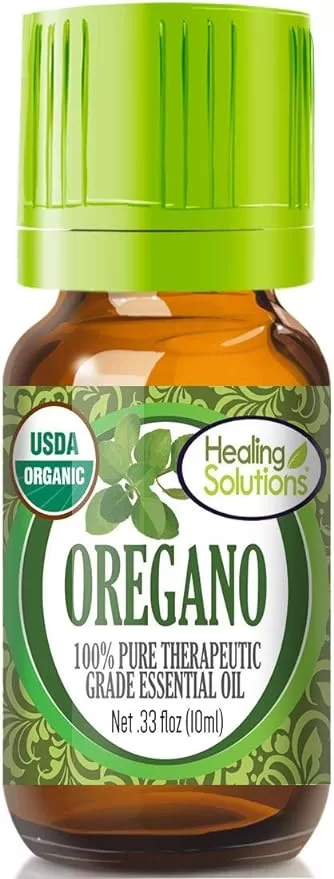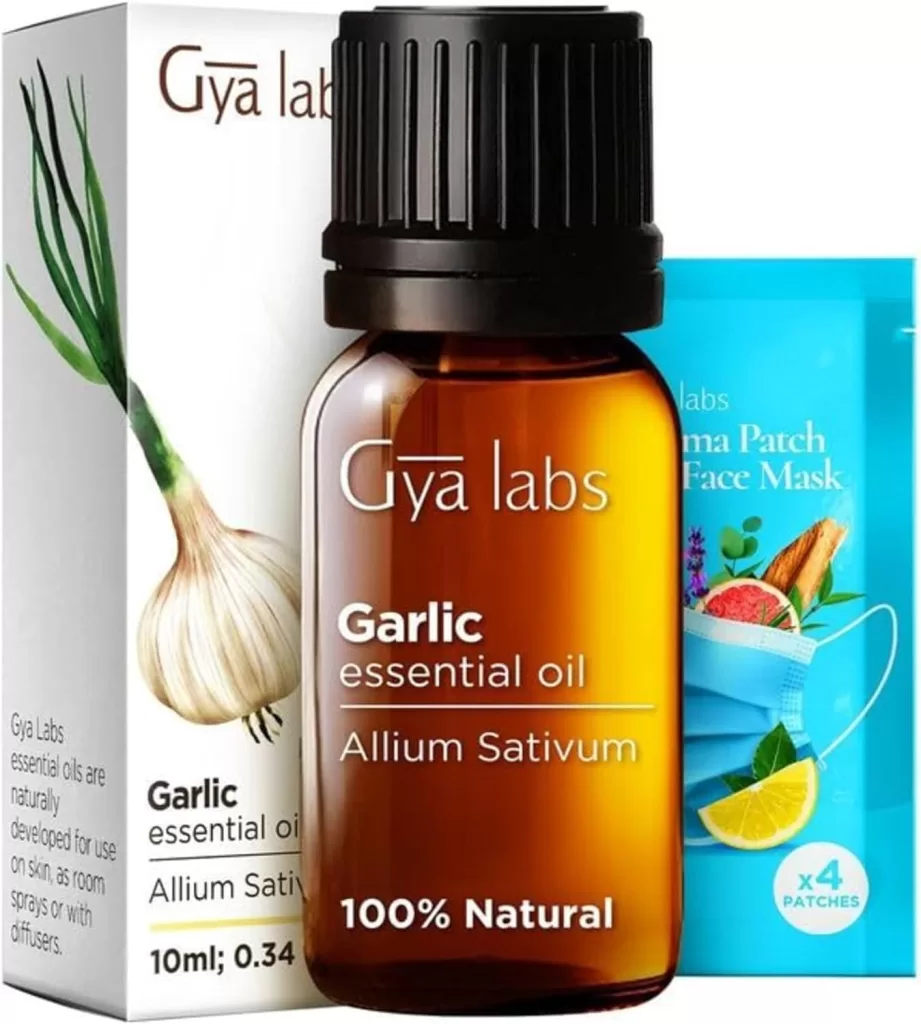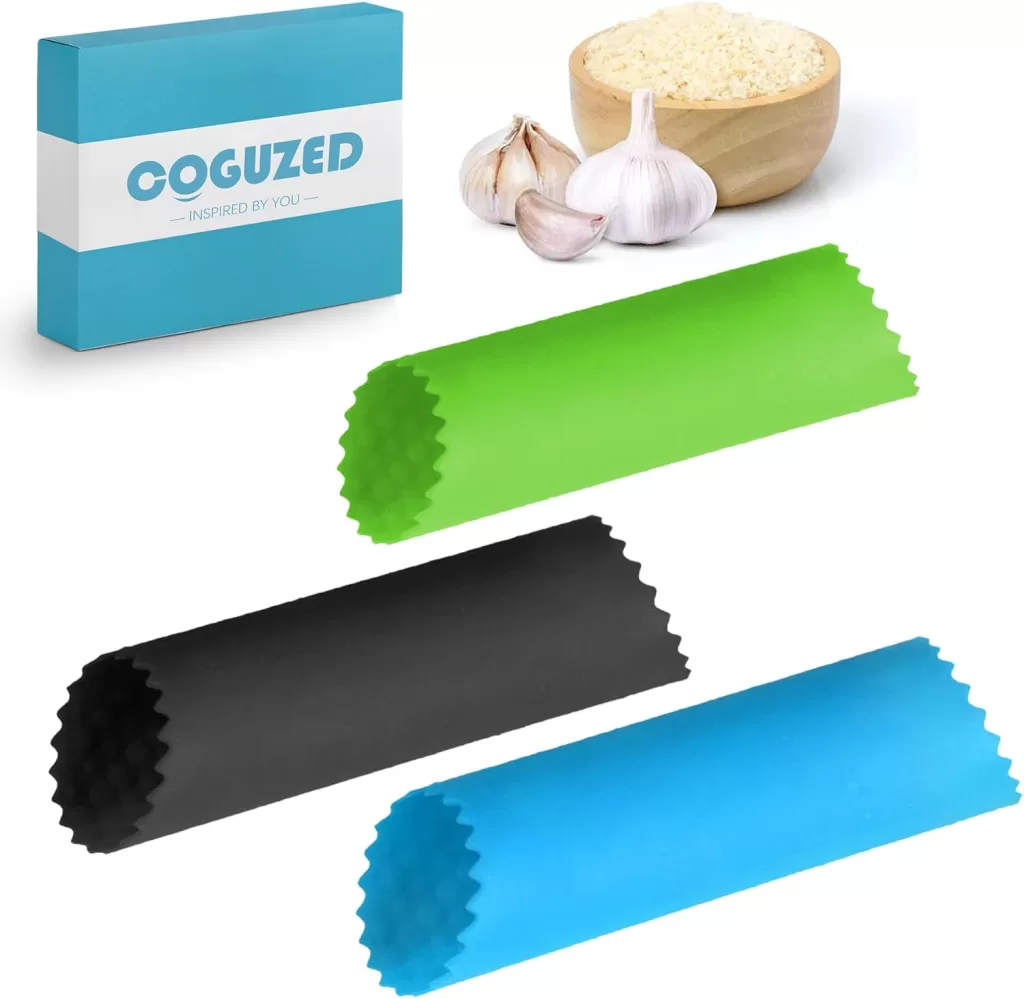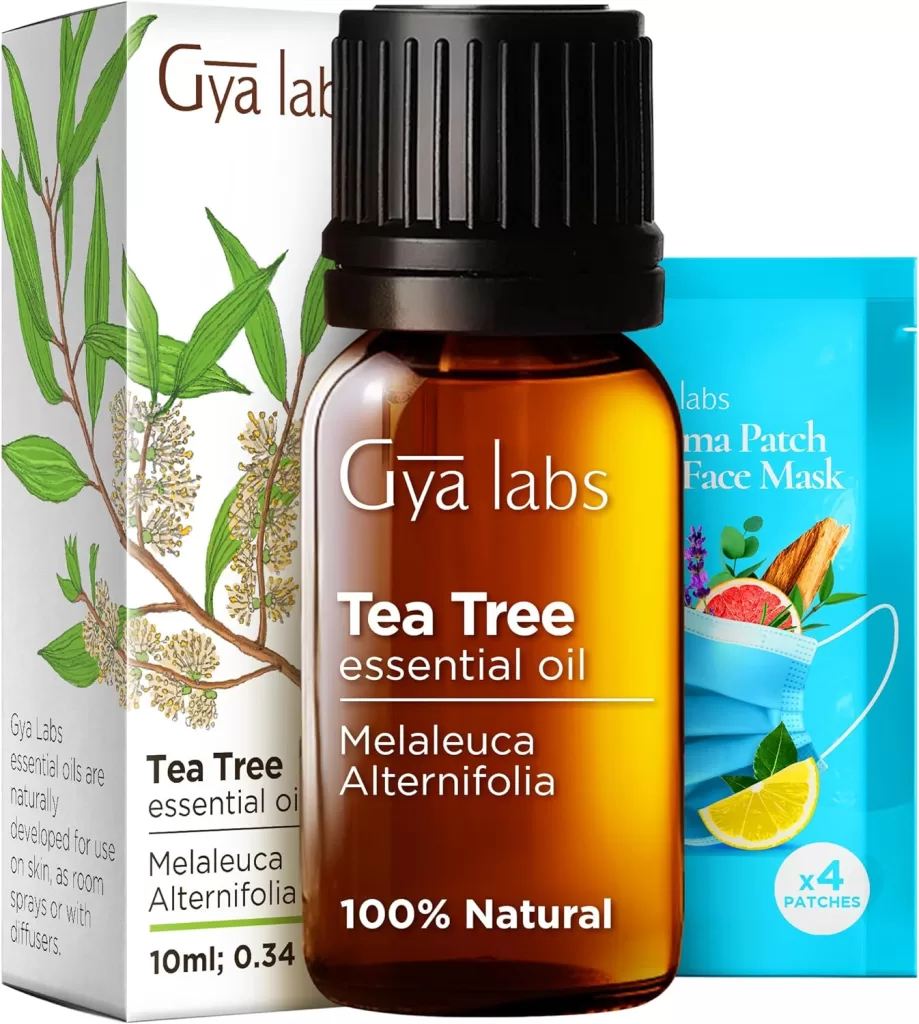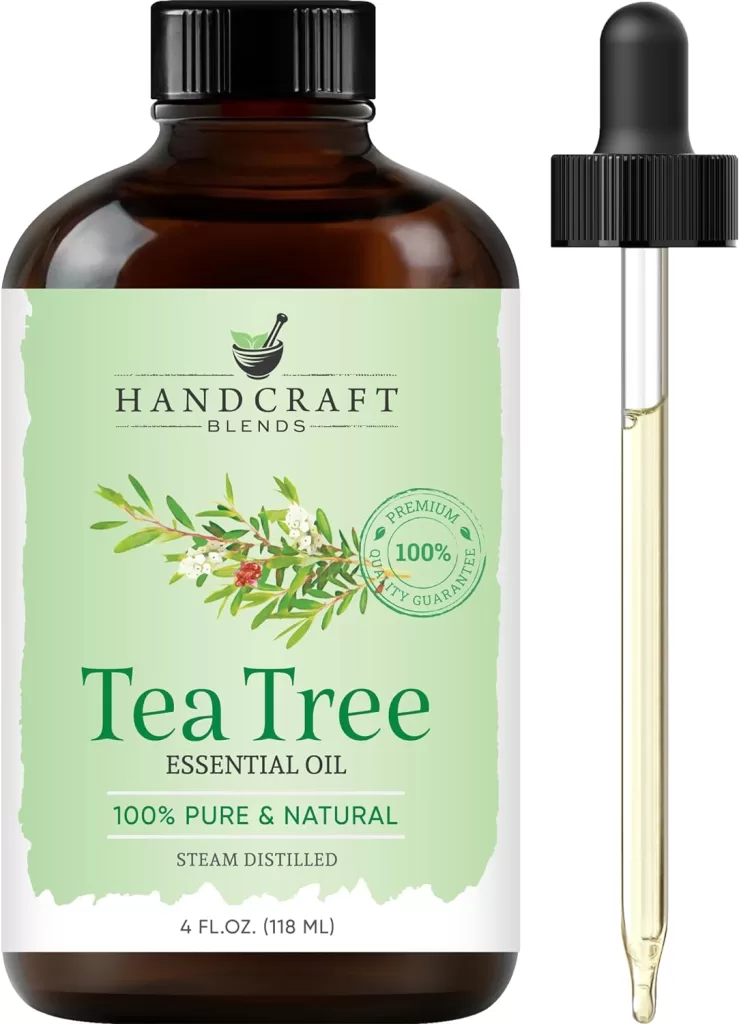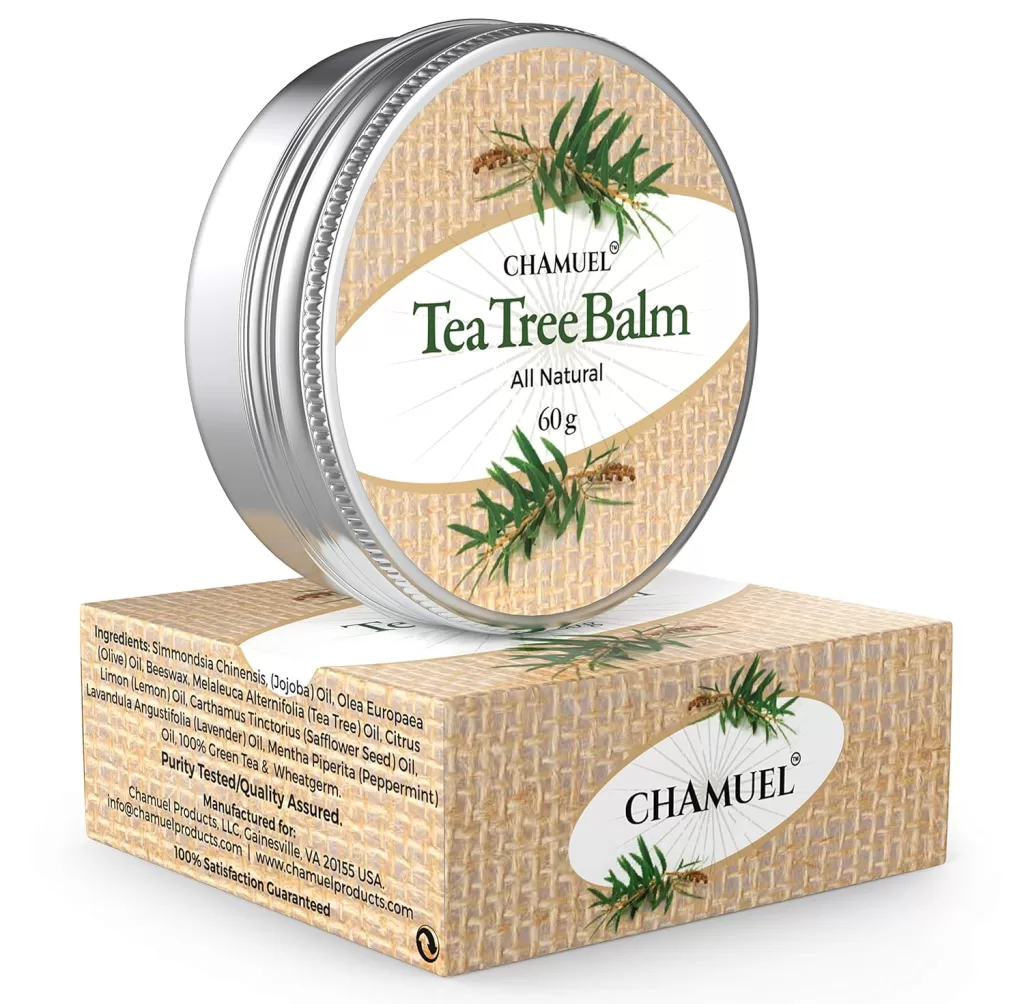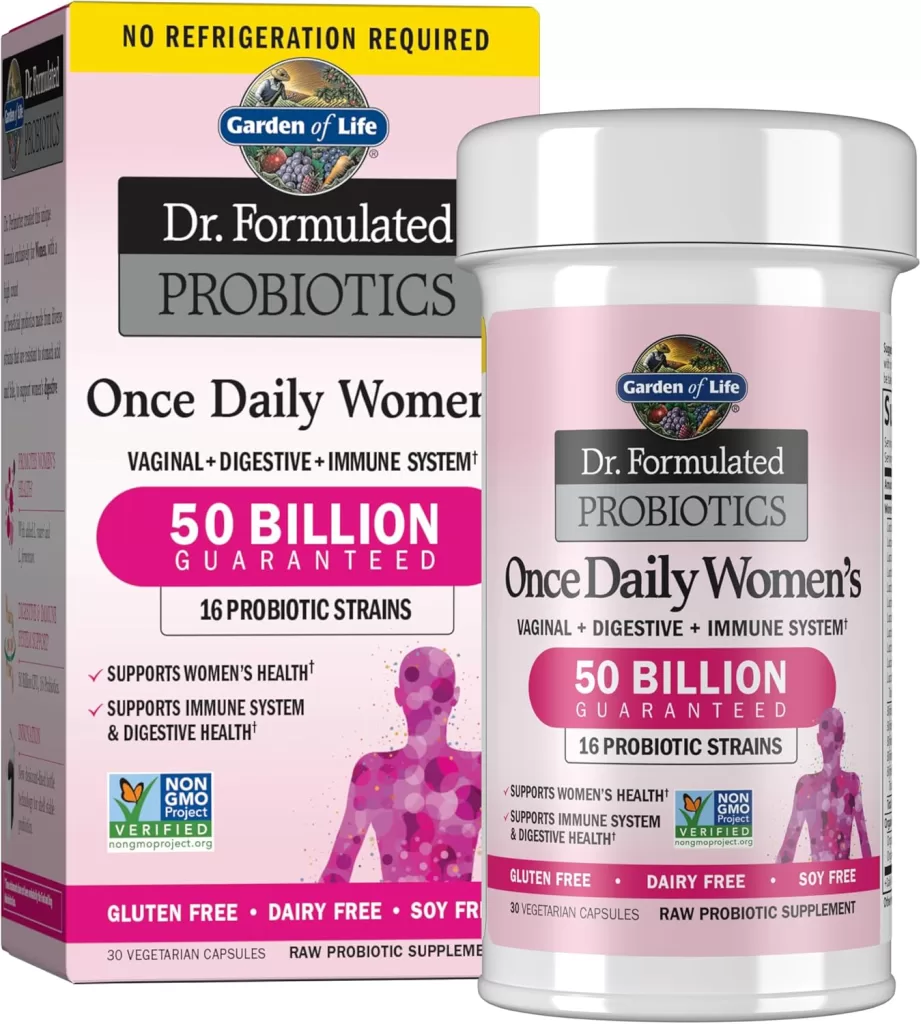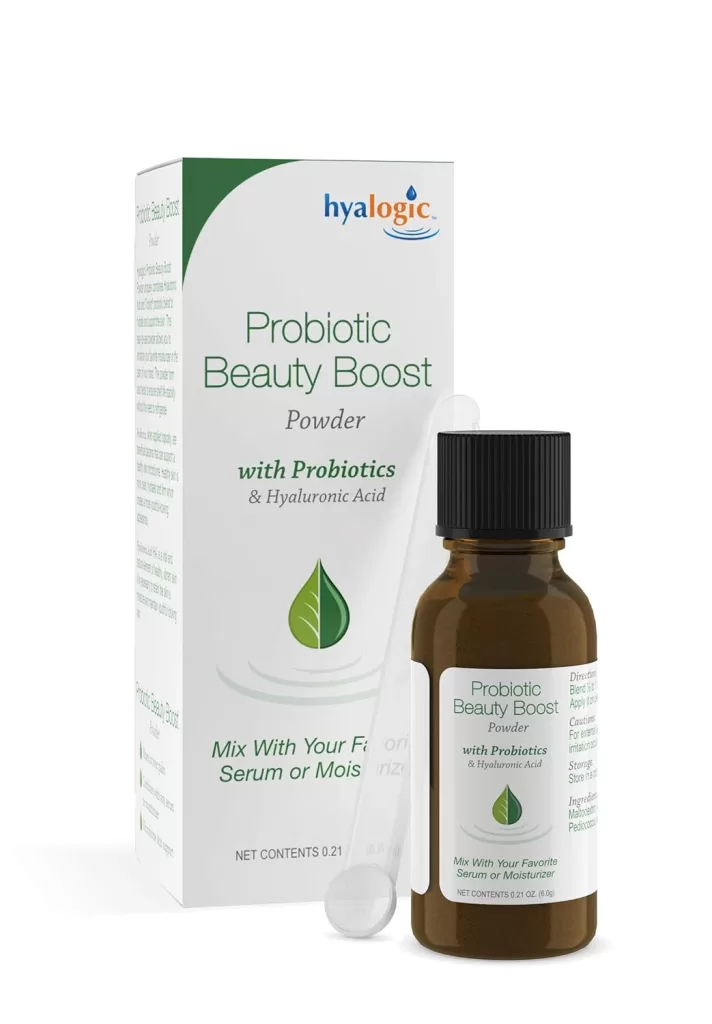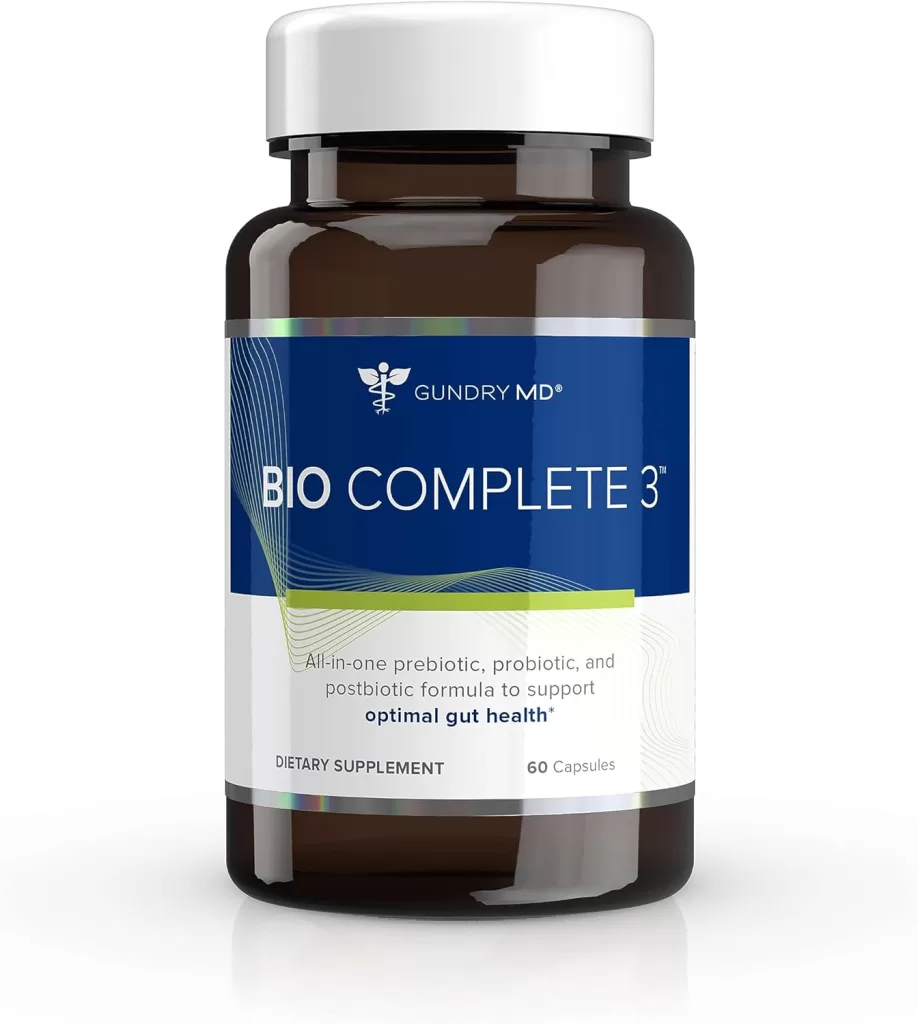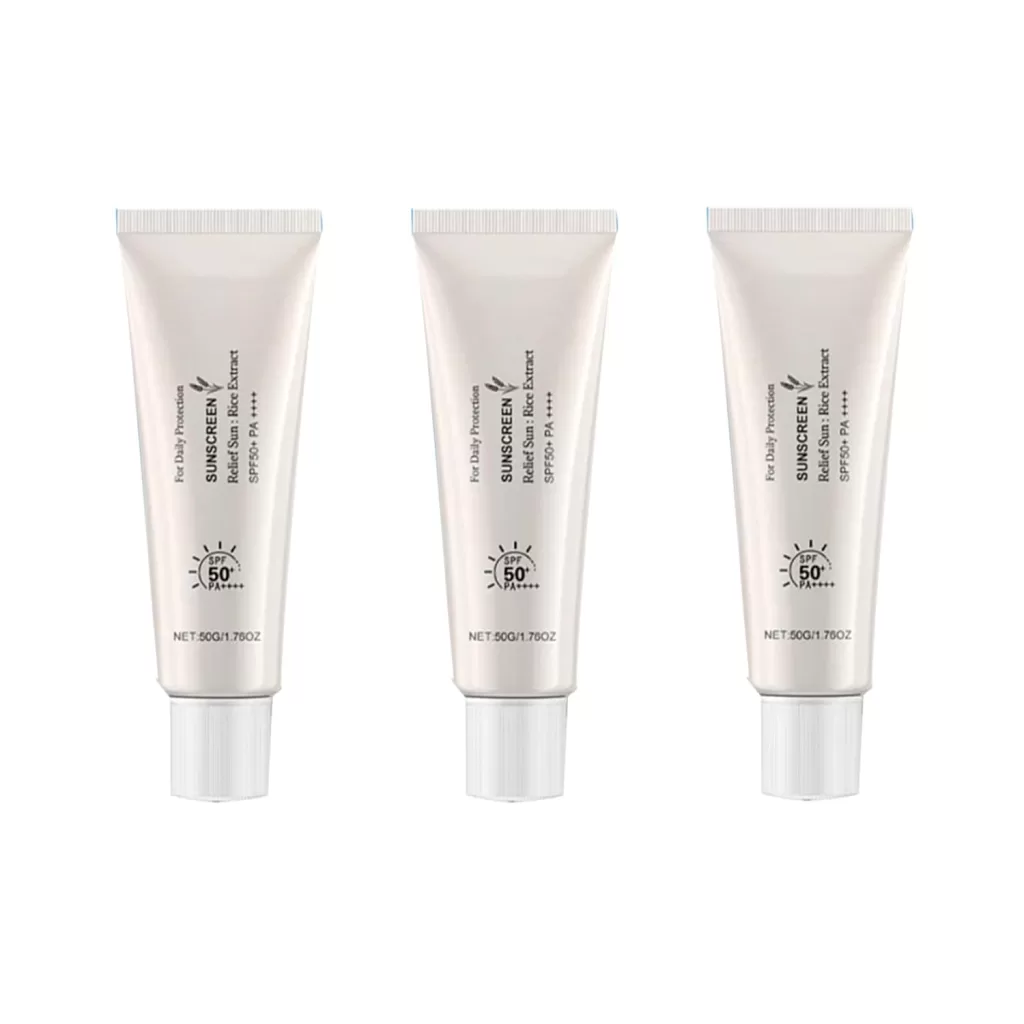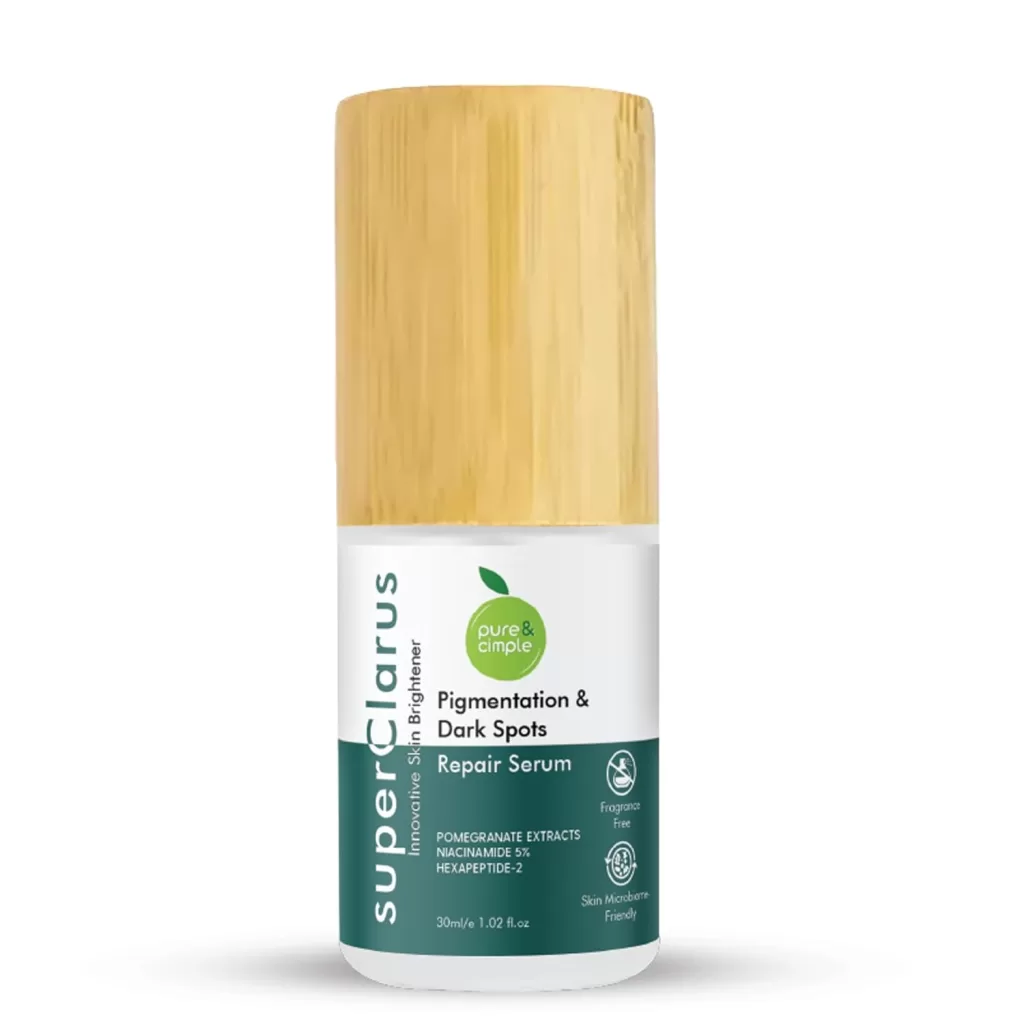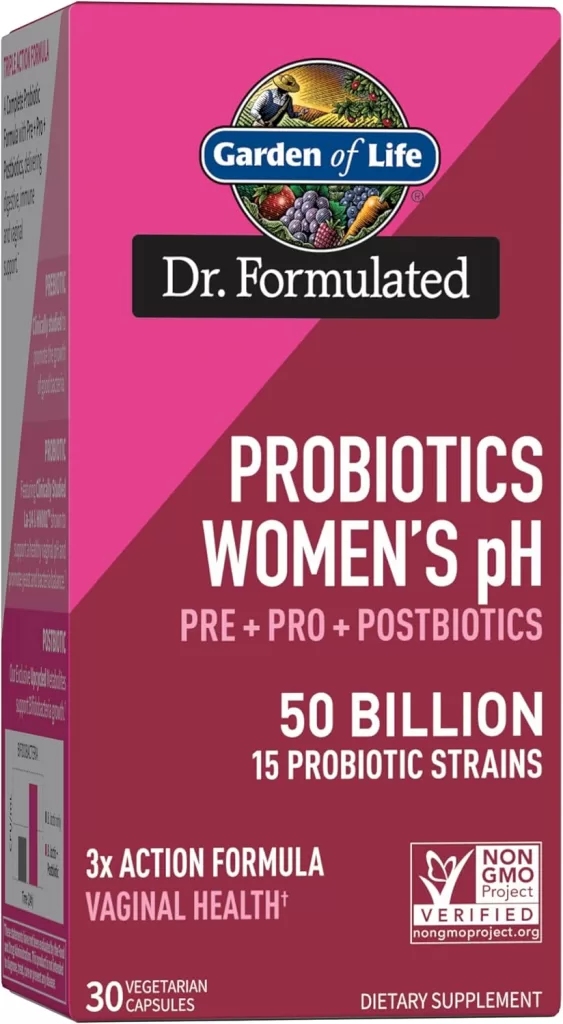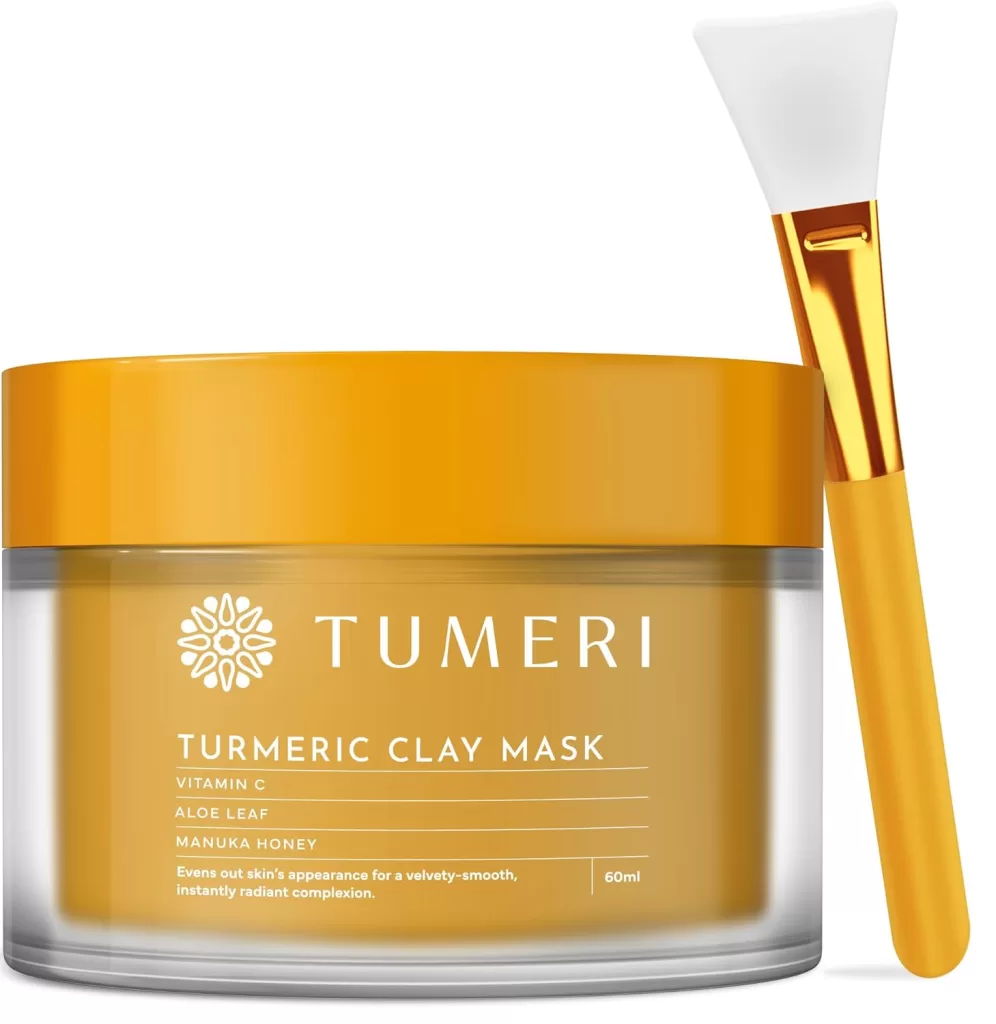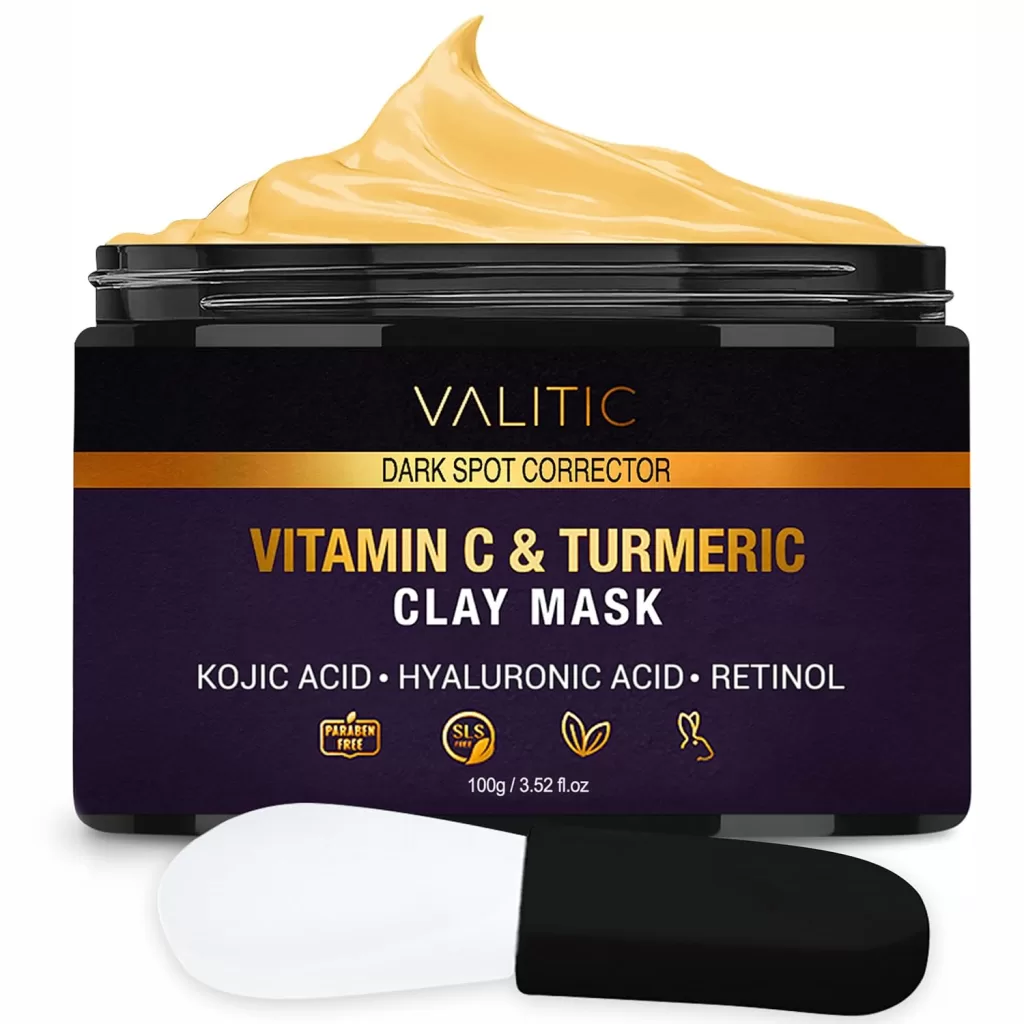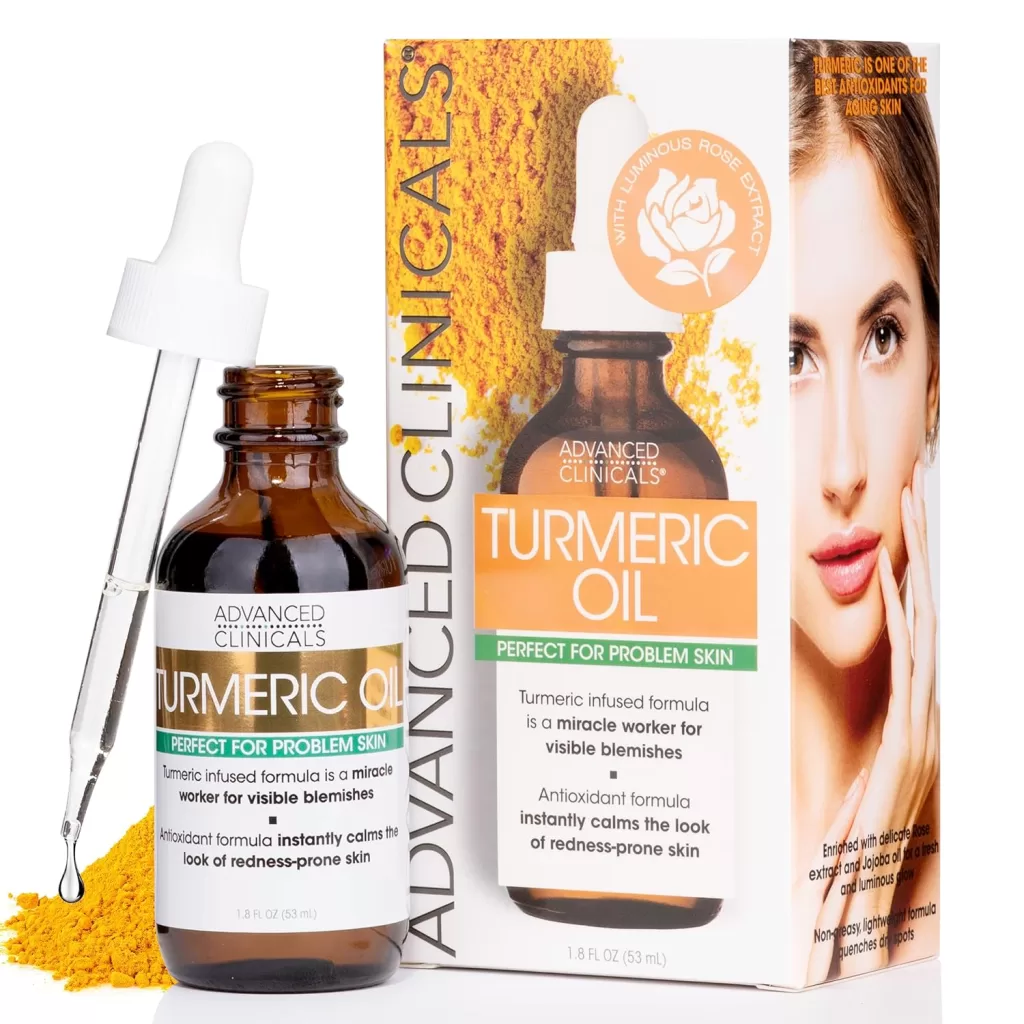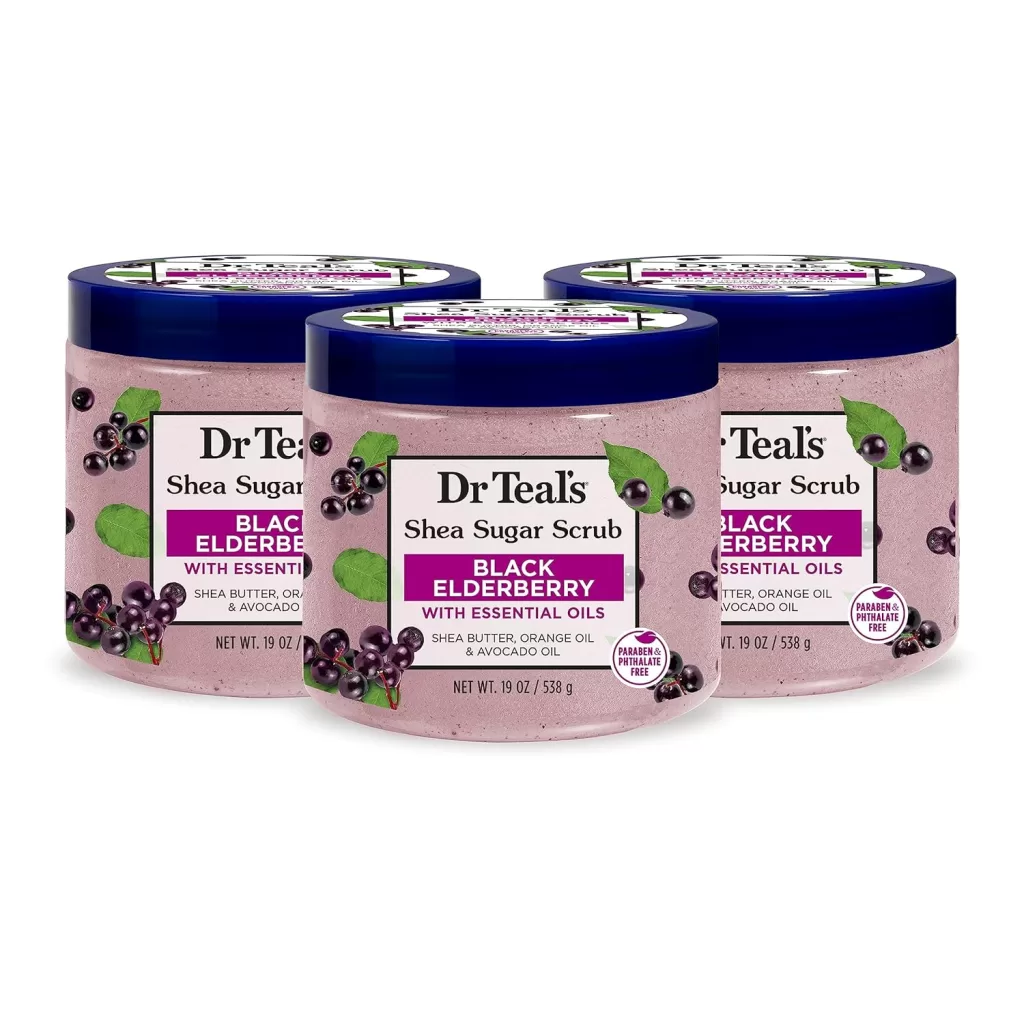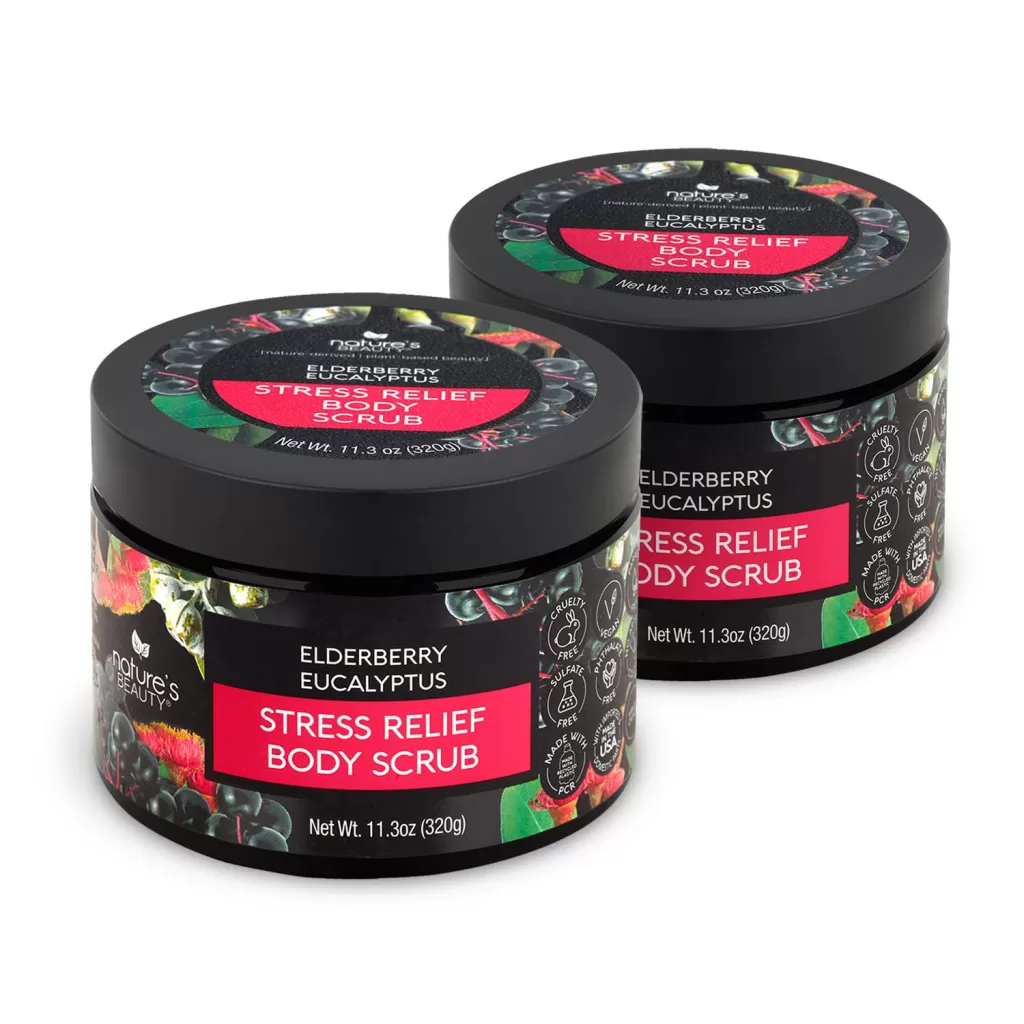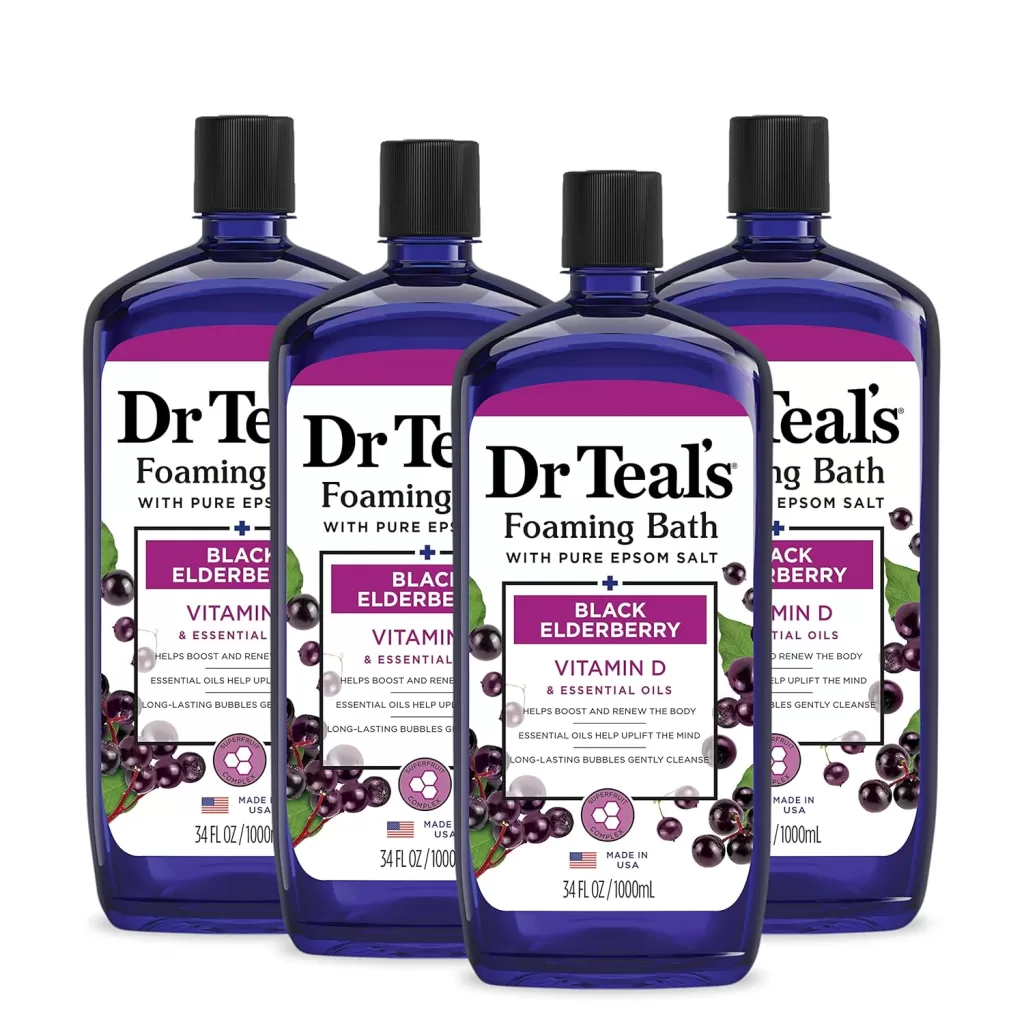Exploring Alternatives to Silver Hydrosol: What You Need to Know
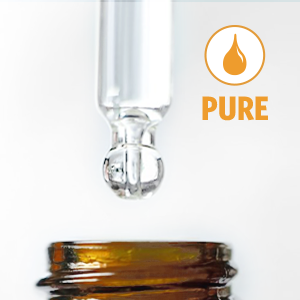
Alternatives to Silver Hydrosol have become increasingly sought after as more people look for natural remedies with fewer risks. Silver hydrosol, known for its antibacterial, antiviral, and anti-inflammatory properties, has been used by some for immune support and skin health. However, due to concerns over safety, including the risk of argyria, it’s wise to consider other alternatives to silver hydrosol that offer similar benefits without the associated dangers.
What Is Silver Hydrosol?
Before diving into the alternatives to silver hydrosol, it’s essential to understand what silver hydrosol is. Silver hydrosol consists of tiny silver particles suspended in water, believed to interfere with the enzymes that bacteria, viruses, and fungi use to survive. While some users find it effective, others are cautious due to potential side effects like argyria, which causes the skin to turn bluish-gray from silver accumulation.
Given these concerns, exploring alternatives to silver hydrosol is crucial for those seeking natural, safer options.
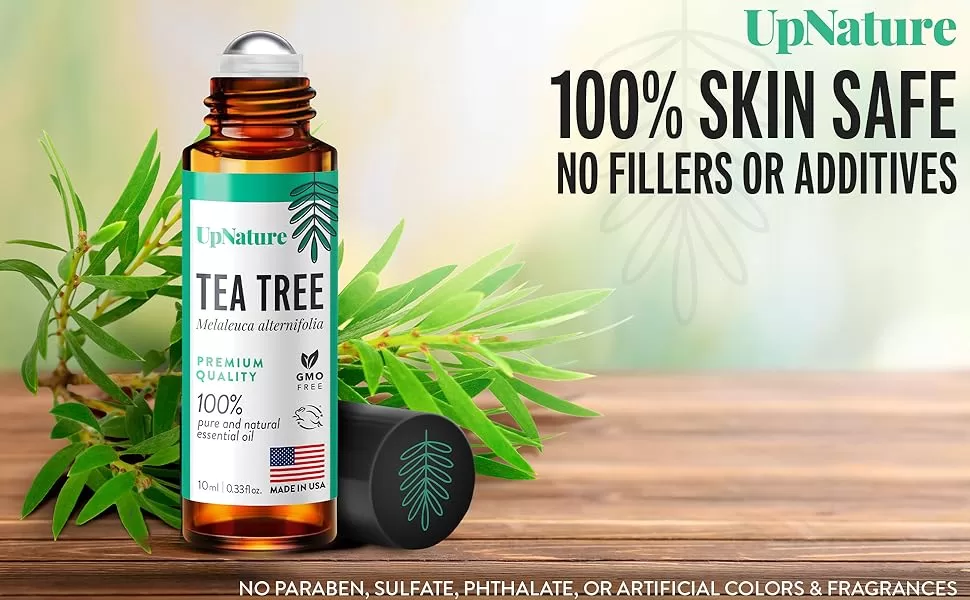
Top Alternatives to Silver Hydrosol
1. Alternative to silver hydrosol is Echinacea,
Nature’s Way Echinacea Purpurea Herb, Immune Support It’s the most commonly used species and has shown promise in various skin applications.
Ways Echinacea can benefit your skin:
Soothing inflammation: Echinacea has anti-inflammatory properties that can help calm irritated or inflamed skin.
Boosting immunity: By strengthening your immune system, Echinacea can help prevent infections that can lead to skin problems.
Promoting wound healing: Some studies suggest that Echinacea can aid in wound healing.
2. Manuka Honey: A Natural Skincare Wonder
Manuka honey is another excellent alternative to silver hydrosol that is produced by bees that pollinate the Manuka tree in New Zealand, has become a popular choice for its potential skincare benefits. This honey boasts both antibacterial and anti-inflammatory properties, making it a valuable addition to your skincare routine.
Here’s how Manuka honey can work wonders on your skin:
- Combats Acne: The antibacterial power of Manuka honey helps fight the bacteria that contribute to acne breakouts.
- Promotes Wound Healing: With its antibacterial and anti-inflammatory properties, Manuka honey can aid wound healing and minimize scarring.
- Boosts Hydration: A natural humectant, Manuka honey draws moisture into the skin, leaving it feeling soft and supple.
- Provides Antioxidant Protection: The antioxidants in Manuka honey can shield your skin from damage caused by free radicals.
How to Use Manuka Honey for Glowing Skin:
- Direct Application: Apply a thin layer of Manuka honey directly to your skin, either as a spot treatment for blemishes or a full face mask. Leave it on for 10-15 minutes before rinsing with warm water.
- DIY Face Mask: Combine Manuka honey with natural ingredients like yogurt, oatmeal, or avocado for a nourishing face mask.
- Skincare Products: Look for skincare products that contain Manuka honey as an ingredient.
Important Note: While Manuka honey is generally safe for most people, it’s always a good idea to do a patch test on a small area of your skin before applying it to your entire face. If you have any allergies or existing skin conditions, consult a dermatologist before using Manuka honey.
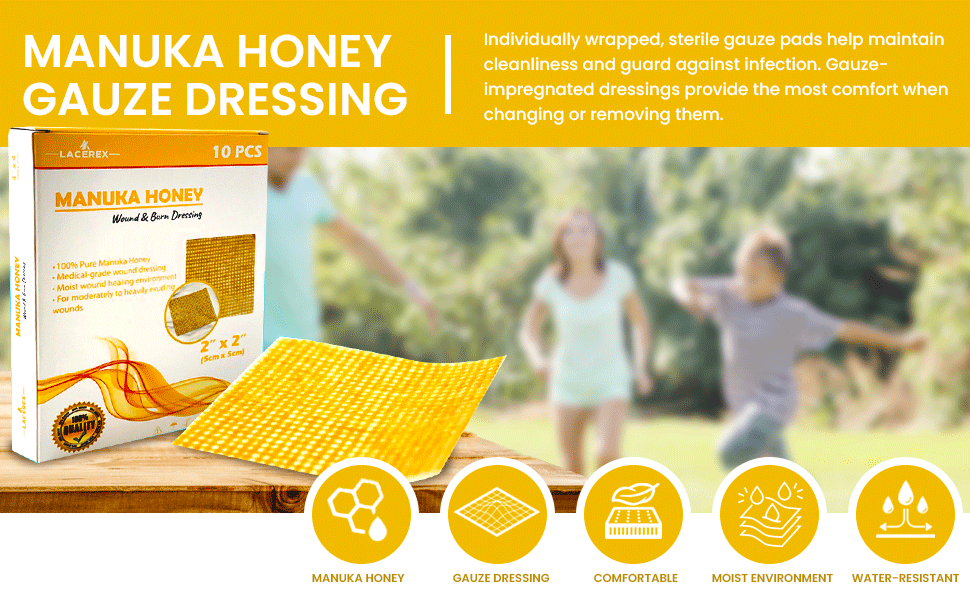
3. Oil of Oregano: A Natural Antibacterial and Antifungal Agent for Skin
Oil of oregano, extracted from the leaves of the oregano plant, is a potent essential oil with numerous health benefits, including applications for skincare. Thanks to its strong antibacterial and antifungal properties, it can be a valuable addition to your skin care regimen.

Here are some ways oil of oregano can benefit your skin:
- Acne Treatment: Oregano oil can help combat acne-causing bacteria, reducing inflammation and promoting clearer skin.
- Fungal Infections: It’s effective against a variety of fungal infections, such as athlete’s foot and nail fungus.
- Wound Healing: Oregano oil can accelerate wound healing by promoting tissue growth and reducing inflammation.
- Skin Irritations: It can soothe skin irritations like eczema and psoriasis.
How to Use Oil of Oregano for Skin:
- Dilute with a Carrier Oil: Oregano oil is highly concentrated and can be irritating when applied directly to the skin. Always dilute it with a carrier oil like coconut oil, olive oil, or jojoba oil.
- Spot Treatment: For acne or fungal infections, apply a small amount of diluted oregano oil directly to the affected area.
- Face Mask: You can incorporate oregano oil into a face mask for overall skin health.
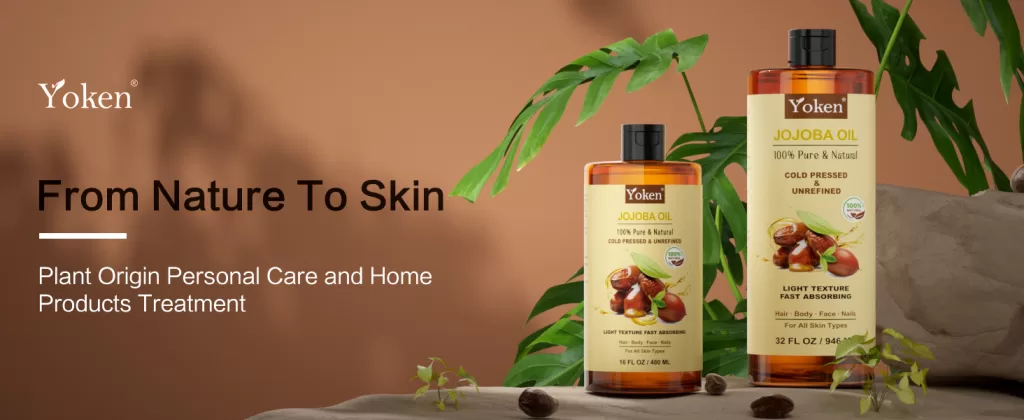
Important Considerations:
- Patch Test: Before applying oregano oil to a larger area of your skin, do a patch test on a small area to check for any allergic reactions.
- Pregnancy and Breastfeeding: If you’re pregnant or breastfeeding, consult with a healthcare professional before using oregano oil.
- Sensitivity: People with sensitive skin may experience irritation.
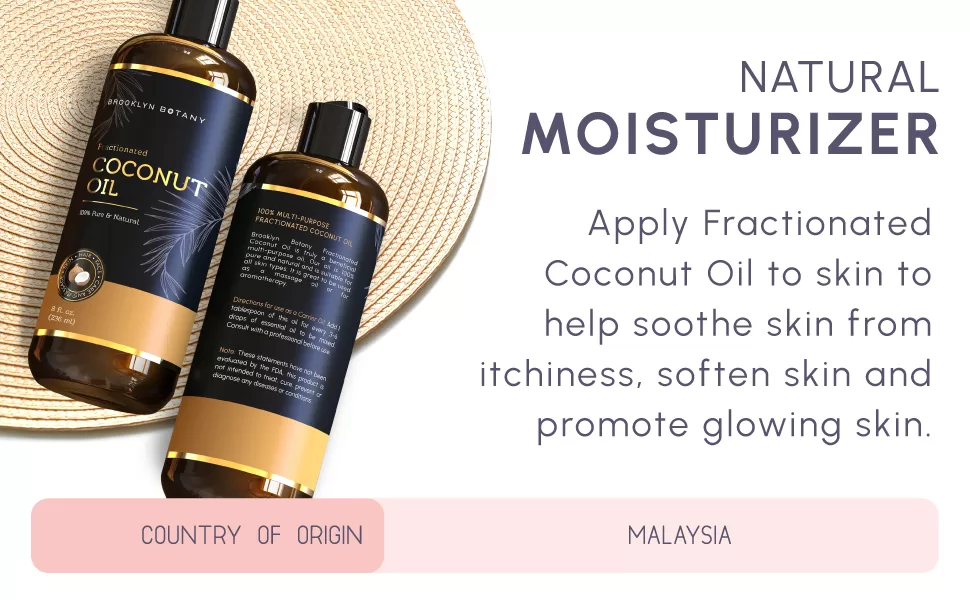
Remember: While oregano oil can be beneficial for skin health, it’s essential to use it responsibly and in appropriate concentrations. If you have specific skin concerns, consulting with a dermatologist is recommended.
4. Garlic: A Surprising Skincare Ingredient
While garlic might not be the first ingredient you’d think of for your skincare routine, it actually offers several potential benefits for your skin. Here’s why Garlic has long been used as a natural remedy, making it a powerful alternative to silver hydrosol.
- Antibacterial properties: Garlic contains allicin, a compound with strong antibacterial properties that can help combat acne-causing bacteria.
- Anti-inflammatory effects: Garlic can help reduce inflammation, which is often associated with skin conditions like acne and eczema.
- Antioxidant protection: Garlic is rich in antioxidants that can help protect your skin from damage caused by free radicals.
- Improved blood circulation: Garlic can help increase blood flow to the skin, promoting a healthy complexion.
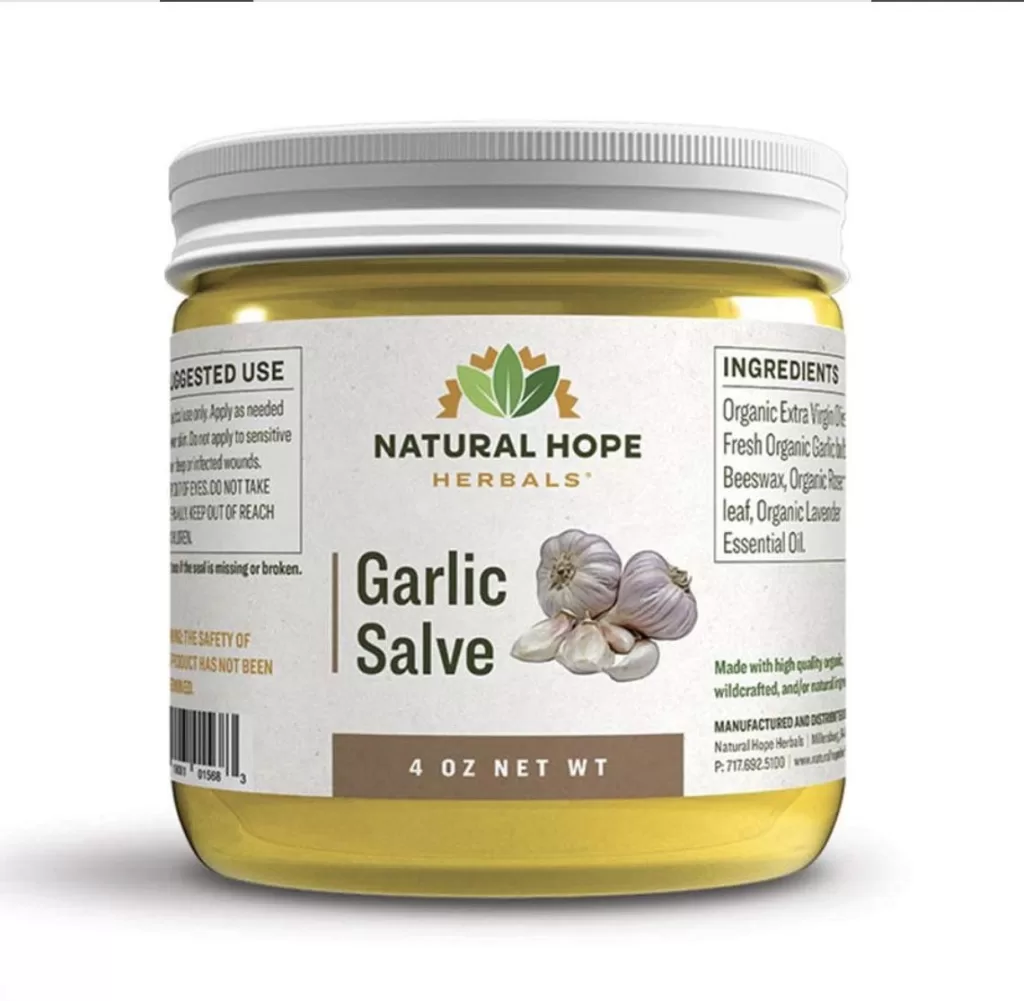
Konvalia Naturals Garlic Salve For Chest, Back, and Soles of Feet – 4 oz
How to use garlic for your skin:
- Topical application: You can apply crushed garlic directly to acne-prone areas, but be cautious as it may cause irritation. Some people prefer to mix garlic with honey or aloe vera to create a soothing mask.
- Dietary intake: Consuming garlic as part of your diet can also provide benefits for your skin.
Important note: While garlic can be beneficial for skin health, it’s important to use it with caution. Always patch test any new skincare product, including garlic, on a small area of skin before applying it to your face. If you experience any irritation or discomfort, discontinue use.
5. Tea Tree Oil: A Natural Remedy for Skin
Tea tree oil, derived from the leaves of the Australian tea tree plant, has been used for centuries as a natural remedy for various ailments, including skin conditions. Its potent antibacterial and antifungal properties make it a popular choice for skincare. Typically diluted with a carrier oil, tea tree oil is a practical alternative to silver hydrosol for topical use.
Here are some ways tea tree oil can benefit your skin:
- Acne treatment: Tea tree oil can help reduce acne by killing the bacteria that cause it.
- Fungal infections: It’s effective in treating fungal infections like athlete’s foot and ringworm.
- Minor cuts and scrapes: Tea tree oil can help prevent infection and promote healing.
- Eczema relief: Some people find relief from eczema symptoms by using diluted tea tree oil.
How to use tea tree oil for your skin:
- Dilute with a carrier oil: Tea tree oil is highly concentrated and can irritate the skin if used undiluted. Always mix it with a carrier oil like coconut oil, jojoba oil, or olive oil.
- Spot treatment: Apply a few drops of diluted tea tree oil directly to acne-prone areas or minor cuts.
- Face mask: Create a face mask by mixing a few drops of tea tree oil with a clay mask or honey.
- Foot soak: Add a few drops of tea tree oil to warm water and soak your feet to treat athlete’s foot.
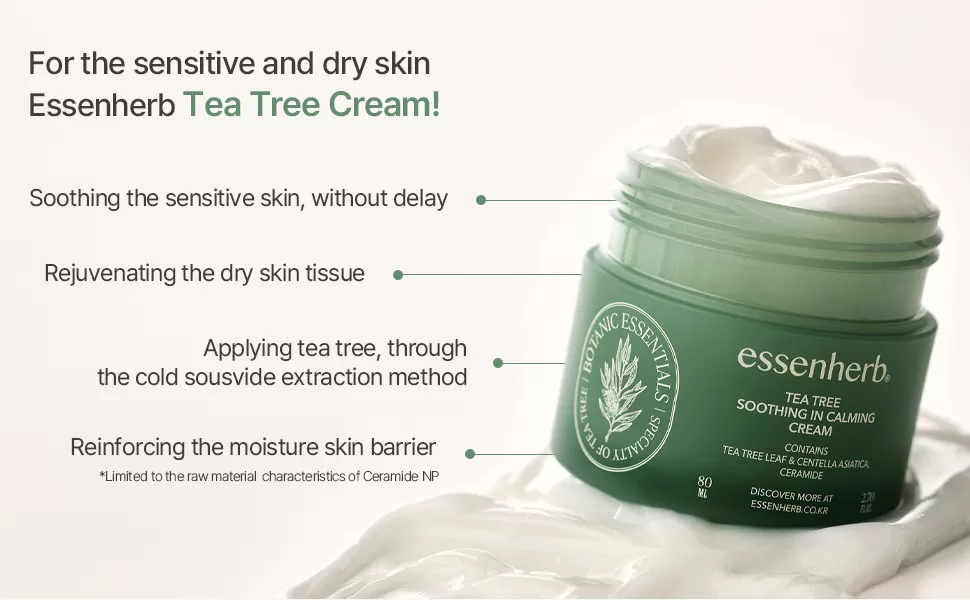
Important note:
- Patch test: Before using tea tree oil on a larger area of skin, do a patch test on a small area to check for any allergic reactions.
- Avoid contact with eyes: Tea tree oil can irritate the eyes. Avoid contact and rinse thoroughly with water if it gets into your eyes.
- Consult a dermatologist: If you have severe skin conditions or are taking other medications, consult a dermatologist before using tea tree oil.
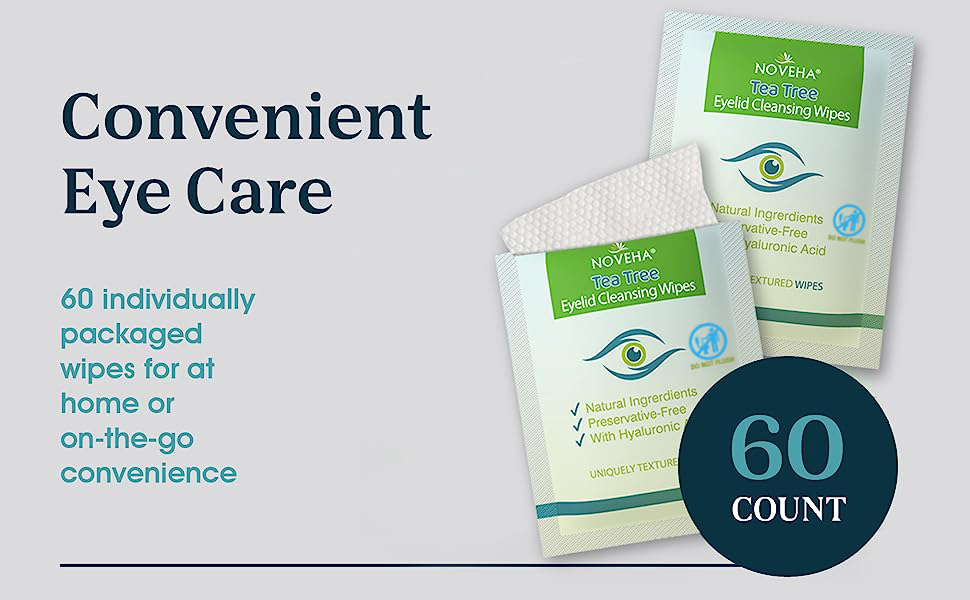
6. Probiotics: A Natural Boost for Your Skin
Probiotics are beneficial bacteria that can serve as an alternative to silver hydrosol by supporting gut and immune health. When applied topically or taken internally, probiotics can help to improve skin health in several ways:
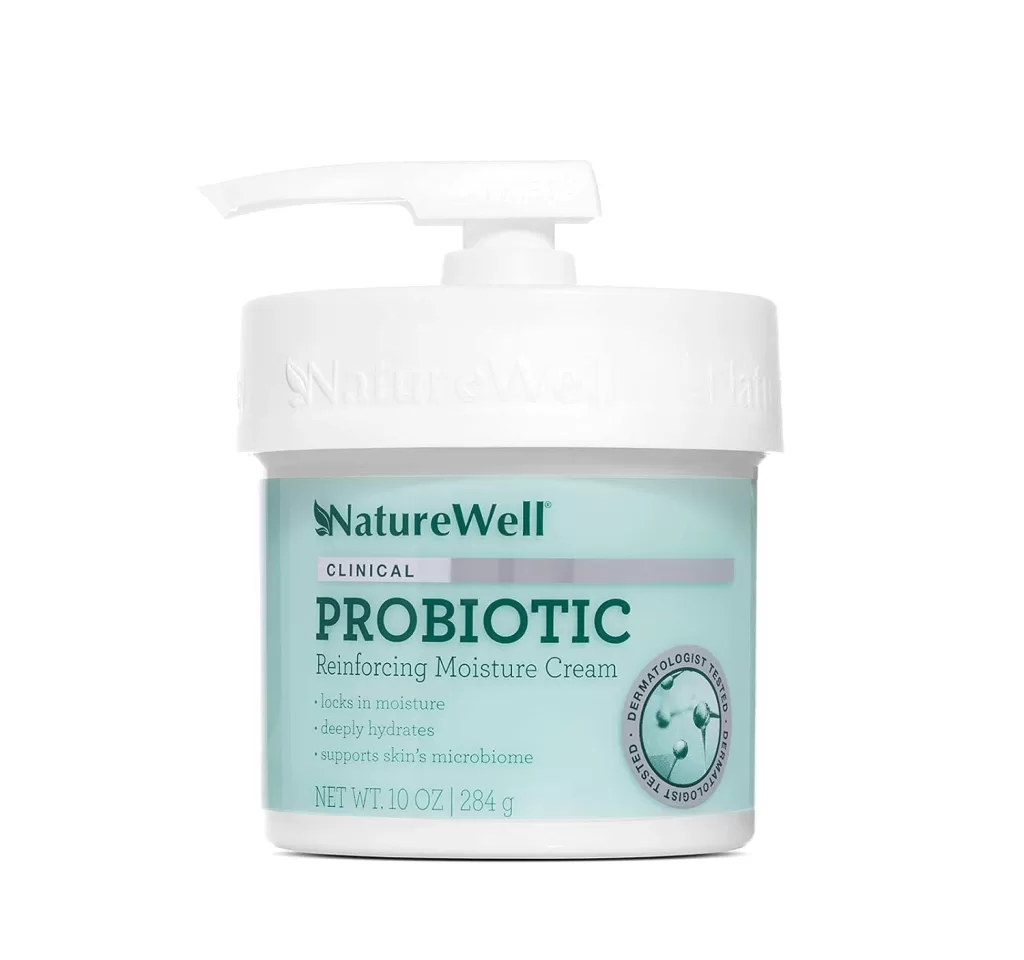
NATURE WELL Clinical Probiotic Reinforcing Moisture Cream for Face, Body, & Hands, Supports Skin’s Microbiome with Powerful Probiotic Extracts & Skin Superfoods, 10 Oz
- Balancing Skin Microbiome: Your skin has its own microbiome, a community of bacteria that plays a crucial role in maintaining skin health. Probiotics can help to balance this microbiome, reducing the growth of harmful bacteria that can lead to skin issues.
- Reducing Inflammation: Probiotics have been shown to have anti-inflammatory properties, which can help to soothe irritated skin and reduce redness.
- Improving Skin Barrier Function: A healthy skin barrier helps to protect your skin from environmental damage and moisture loss. Probiotics can help to strengthen this barrier, leading to smoother, healthier-looking skin.
- Treating Specific Skin Conditions: Some studies have suggested that probiotics may be effective in treating certain skin conditions, such as acne, eczema, and rosacea.
Ways to Incorporate Probiotics into Your Skincare Routine:
- Topical Probiotic Products: Look for skincare products that contain probiotics or probiotic-derived ingredients. These can include moisturizers, cleansers, and serums.
- Oral Probiotic Supplements: Taking oral probiotic supplements can also benefit your skin health by improving your overall gut health. However, it’s important to consult with a healthcare professional before starting any new supplement regimen.
- Fermented Foods: Consuming fermented foods like yogurt, kefir, kimchi, and sauerkraut can introduce beneficial bacteria into your gut, potentially improving your skin health.
Remember: While probiotics can be a helpful addition to your skincare routine, individual results may vary. If you have specific skin concerns or are considering using probiotics for the first time, it’s recommended to consult with a dermatologist or healthcare provider.

7. Turmeric: A Golden Glow for Your Skin
Turmeric, a vibrant yellow spice derived from the root of the Curcuma longa plant, has been used for centuries in Ayurvedic medicine for its medicinal properties. In recent years, it has gained popularity in the beauty world due to its potential benefits for skin health.
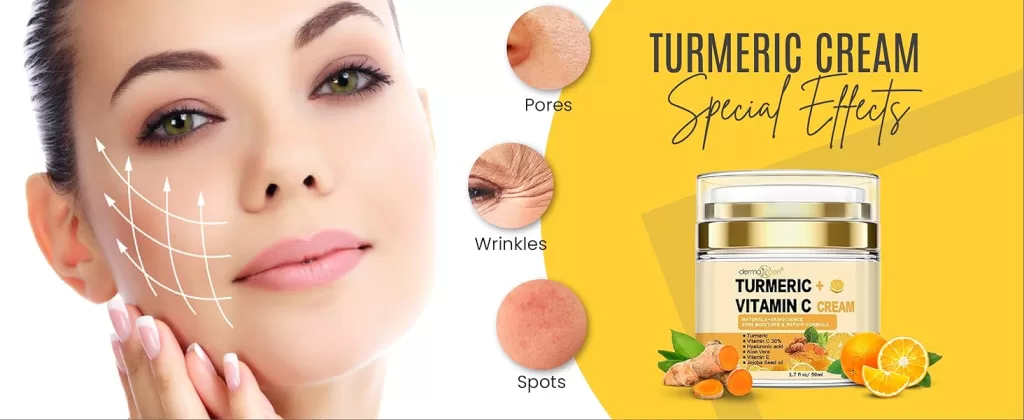
Key benefits of turmeric for skin:
- Anti-inflammatory: Turmeric contains curcumin, a compound with potent anti-inflammatory properties that can help reduce redness, swelling, and irritation.
- Antioxidant: Curcumin also acts as an antioxidant, protecting the skin from damage caused by free radicals.
- Brightening: Turmeric can help brighten the skin by reducing hyperpigmentation and promoting a more even skin tone.
- Acne treatment: The anti-inflammatory and antibacterial properties of turmeric may help alleviate acne and reduce acne scars.
How to use turmeric for skin:
- Face mask: Combine turmeric powder with other natural ingredients like honey, yogurt, or gram flour to create a nourishing face mask. Apply to your face, leave for 15-20 minutes, and rinse thoroughly.
- Spot treatment: Mix turmeric powder with a little water to form a paste and apply directly to blemishes. Leave on overnight and rinse in the morning.
- Skincare products: Look for skincare products that contain turmeric as an ingredient, such as serums, moisturizers, or exfoliants.
Important note: While turmeric is generally safe for most people, it can stain the skin. It’s essential to patch test any turmeric-based product on a small area of skin before applying it to your face. Additionally, if you have sensitive skin or are taking certain medications, consult with a dermatologist before using turmeric.
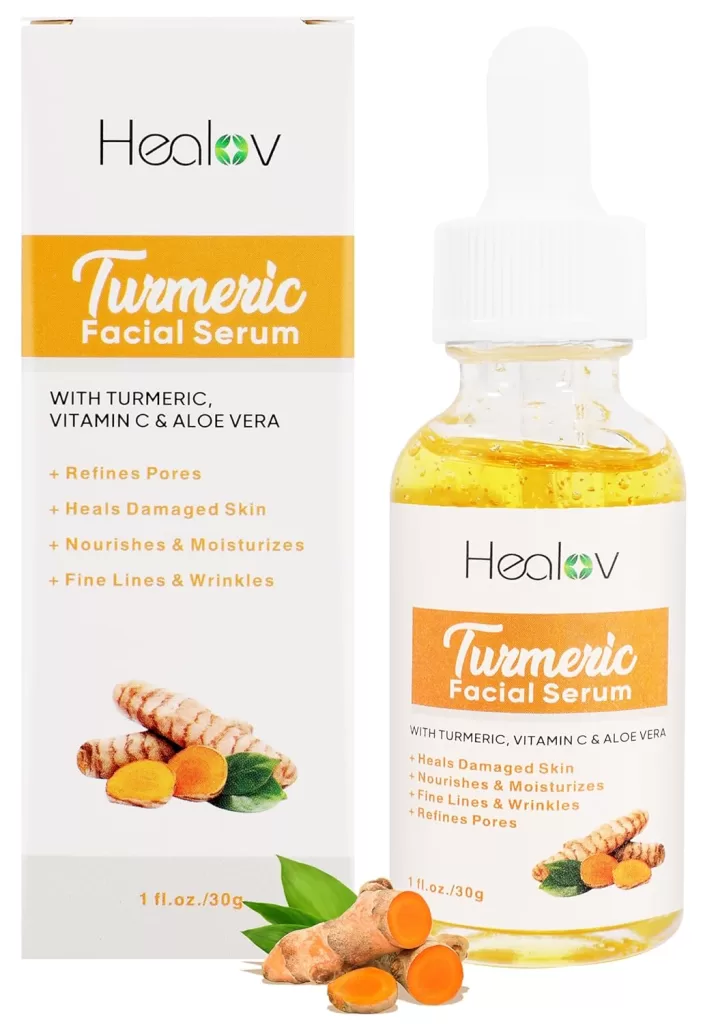
Turmeric Serum for Face & Body – All Natural Turmeric Skin Brightening Serum for Spots – Turmeric Facial Repair Serum Cleanses Skin, Fights Acne – Pure..
8. Elderberry: A Natural Boost for Your Skin
Are you aware Elderberry is another excellent alternative to silver hydrosol?especially for supporting respiratory health
Elderberry, known for its immune-boosting properties, can also be a valuable addition to your skincare routine. Here’s how:
- Antioxidant Powerhouse: Elderberries are packed with antioxidants that fight free radicals, which damage skin and contribute to wrinkles. This can help your skin look younger and healthier.
- Soothes and Calms: Elderberry’s natural anti-inflammatory qualities can calm irritated skin and reduce redness, making it a great option for sensitive or acne-prone skin.
- Supports Overall Skin Health: A strong immune system is key to healthy skin. By supporting your immune system, elderberry can indirectly benefit your skin by helping it fight infections and heal wounds more effectively.
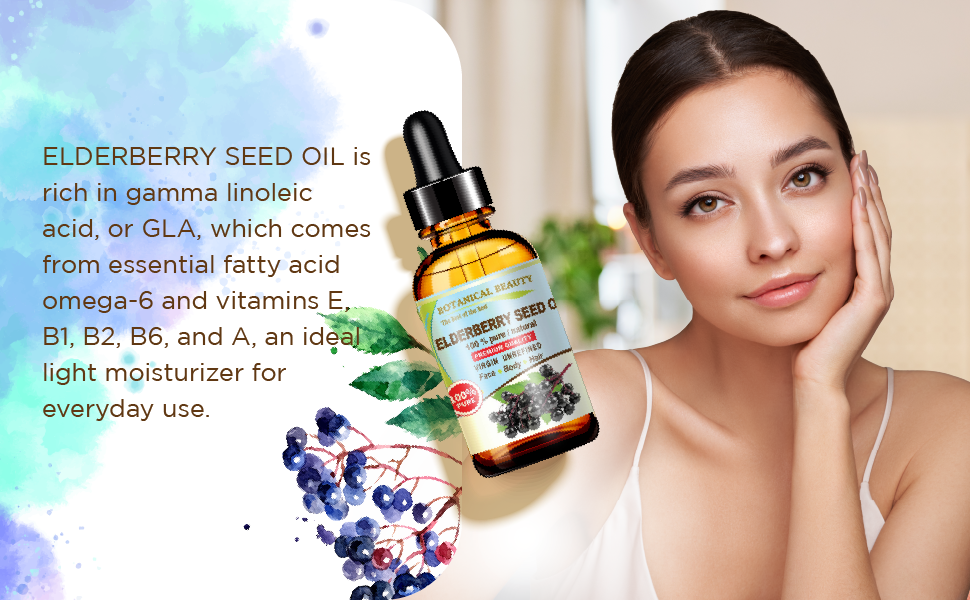
How to Use Elderberry as alternatives to Silver Hydrosol for Your Skin:
- Topical Products: Look for skincare products containing elderberry extract or oil, such as serums, moisturizers, or face masks.
- Dietary Supplements: Taking elderberry supplements can offer internal benefits that may indirectly improve your skin’s health. However, always consult a healthcare professional before starting any new supplements.
Remember: While elderberry can be beneficial, consult with a dermatologist or healthcare professional for personalized advice, especially if you have specific skin concerns or are already taking medications.
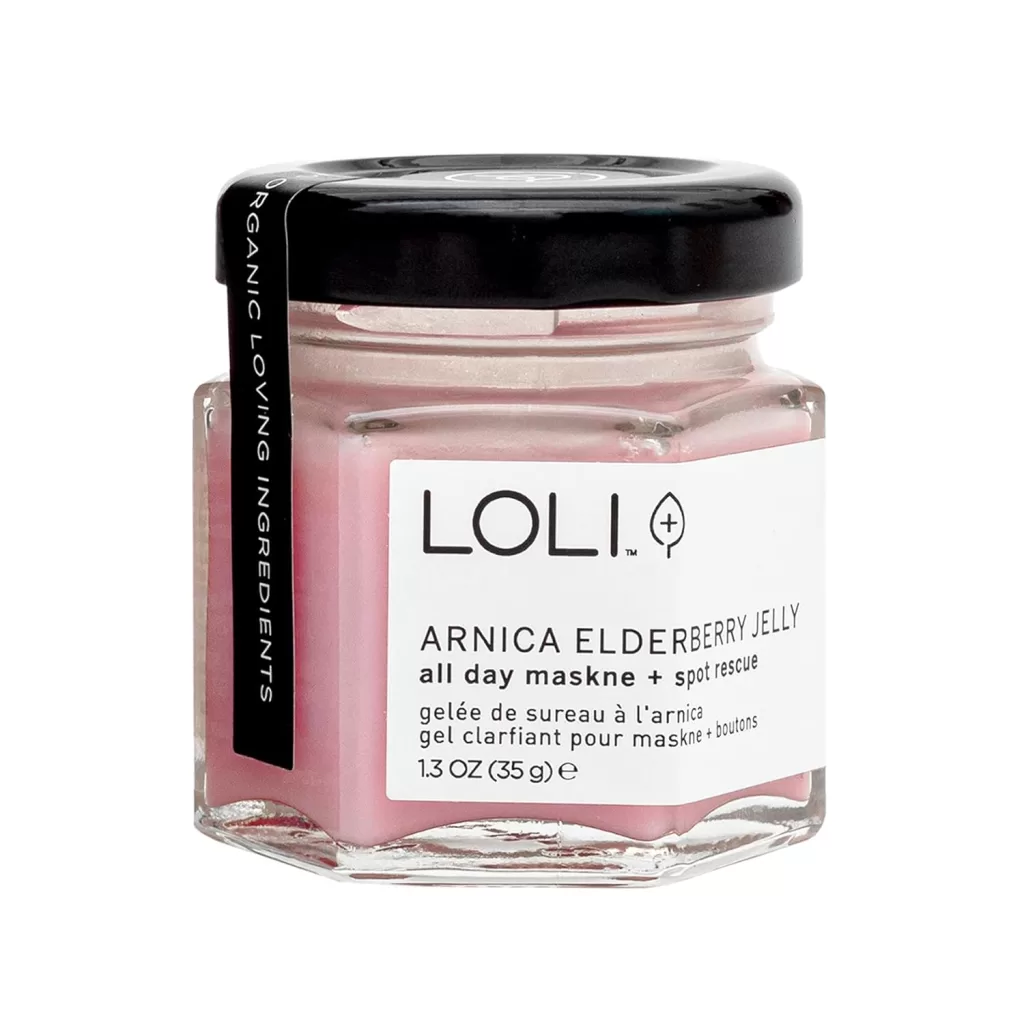
LOLI – Natural Arnica Elderberry Jelly | Clean, Natural, Non-Toxic Skincare (1.3oz)
Conclusion
While silver hydrosol has its advocates, exploring alternatives to silver hydrosol is a prudent choice, given the potential risks. Natural remedies like echinacea, manuka honey, oil of oregano, garlic, and others provide similar benefits for immune support and overall health without the downsides associated with silver hydrosol. Always consult a healthcare professional before trying new supplements or remedies.
For more skincare advice and product recommendations, fitness, and more, check out our other articles. @whereandhowresources

